This website uses Google Translate
You cannot use this feature without first accepting 3rd Party Cookies.
This website uses Google Translate
You cannot use this feature without first accepting 3rd Party Cookies.
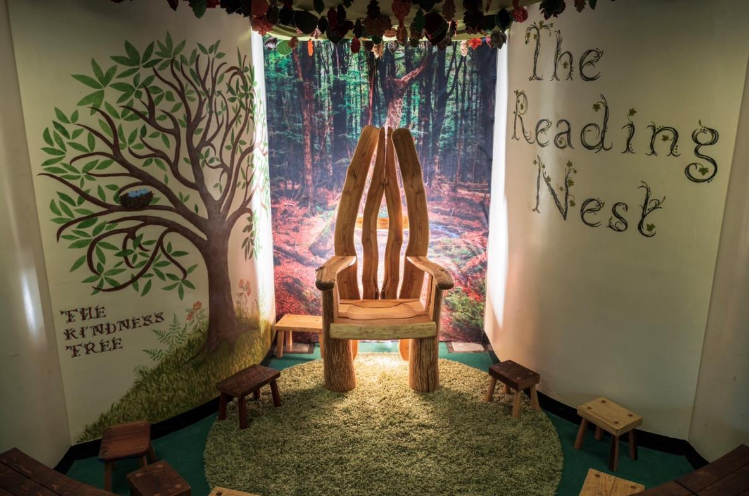
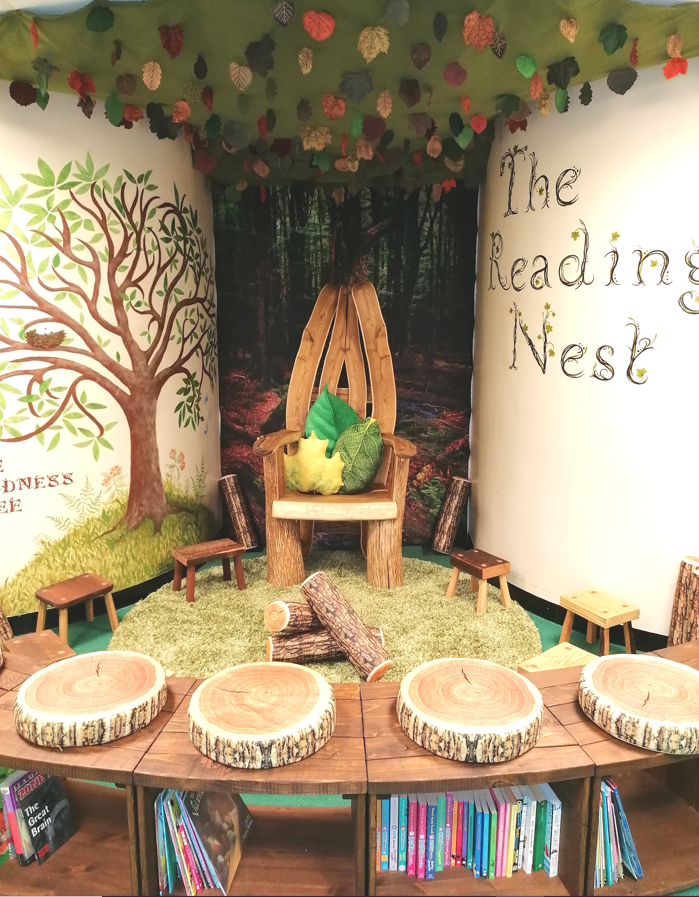
You cannot use this feature without first accepting 3rd Party Cookies.
You cannot use this feature without first accepting 3rd Party Cookies.
At Wallsend Jubilee Primary School we aim to develop the whole child through a curriculum which is extended beyond the academic. The child’s personal development is central to everything that we offer.
These are some of the experiences that we offer within our extended curriculum for both our children and their families:

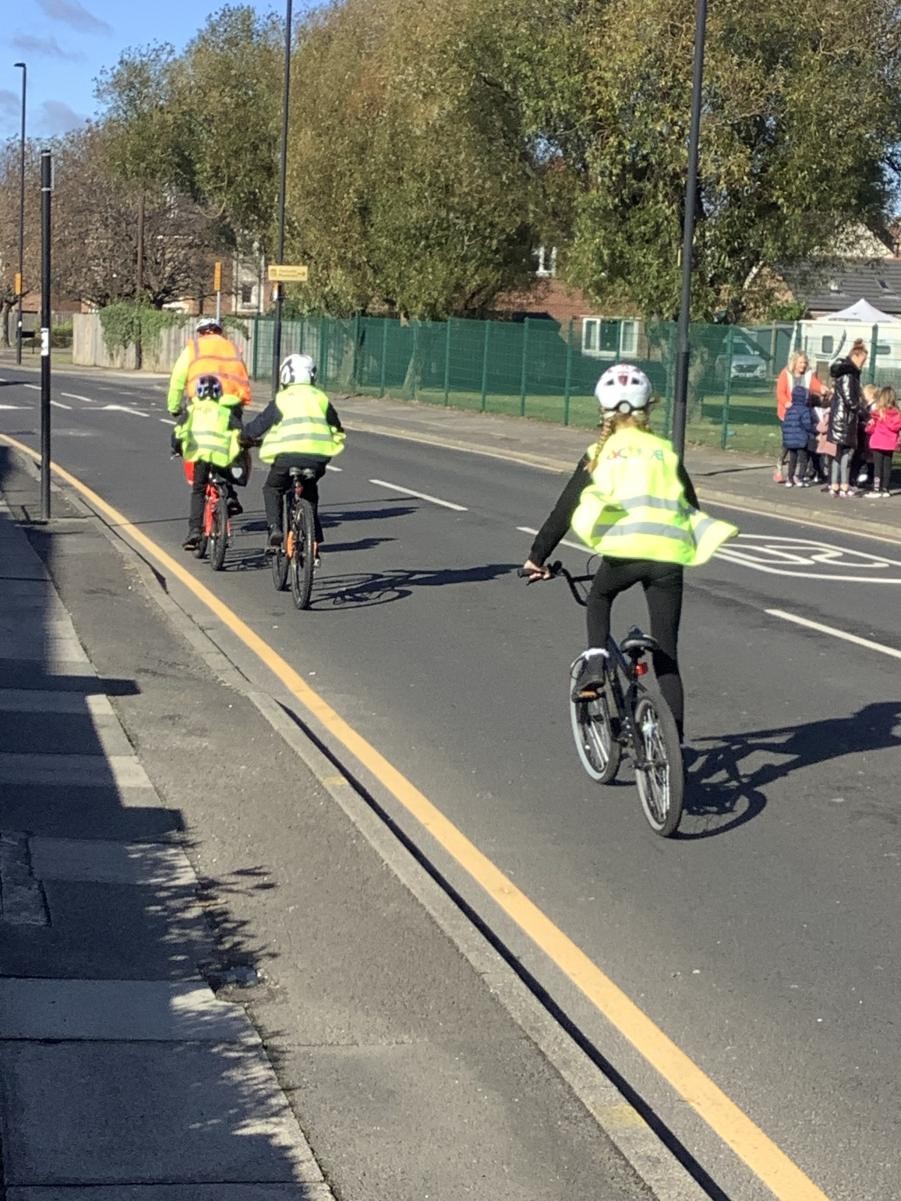

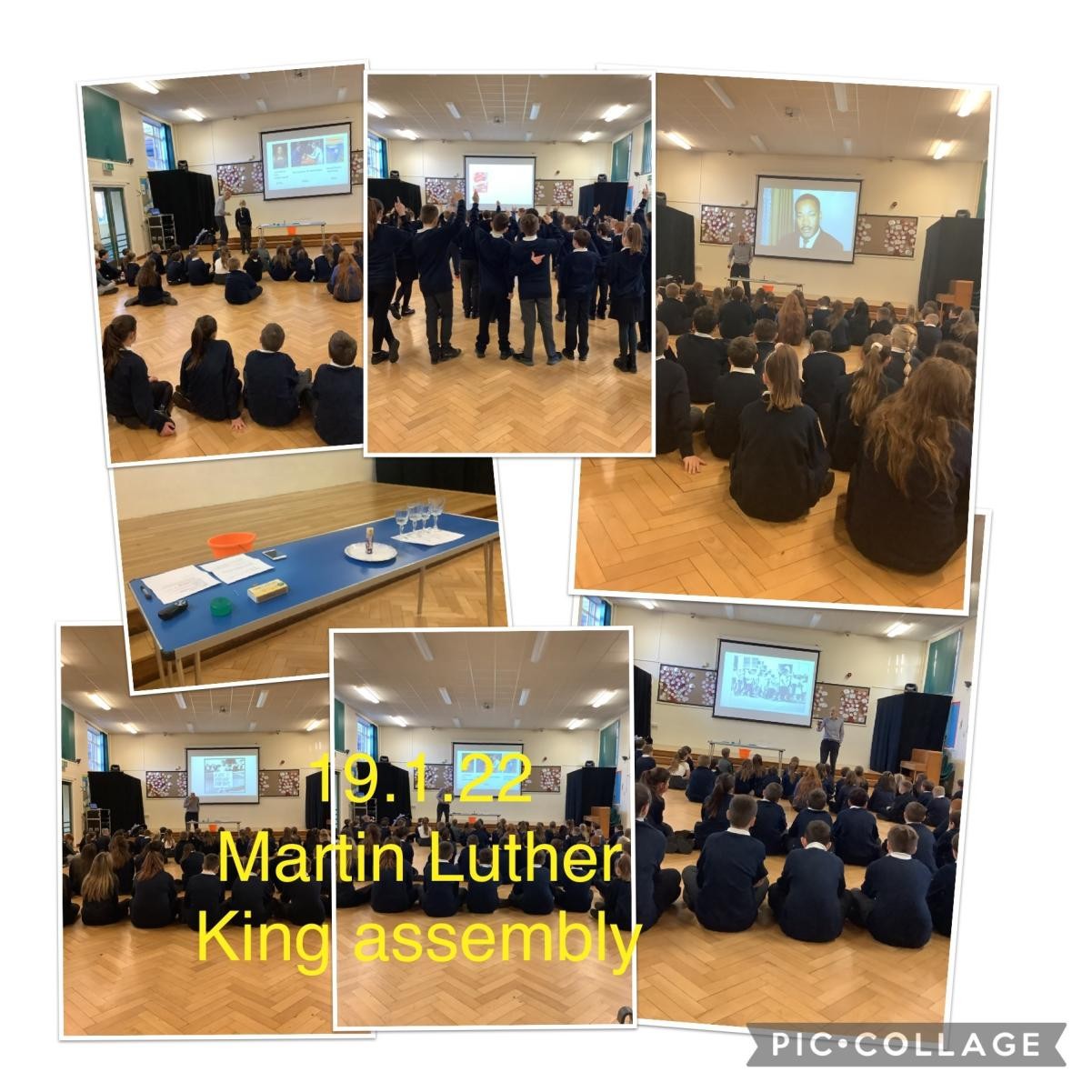
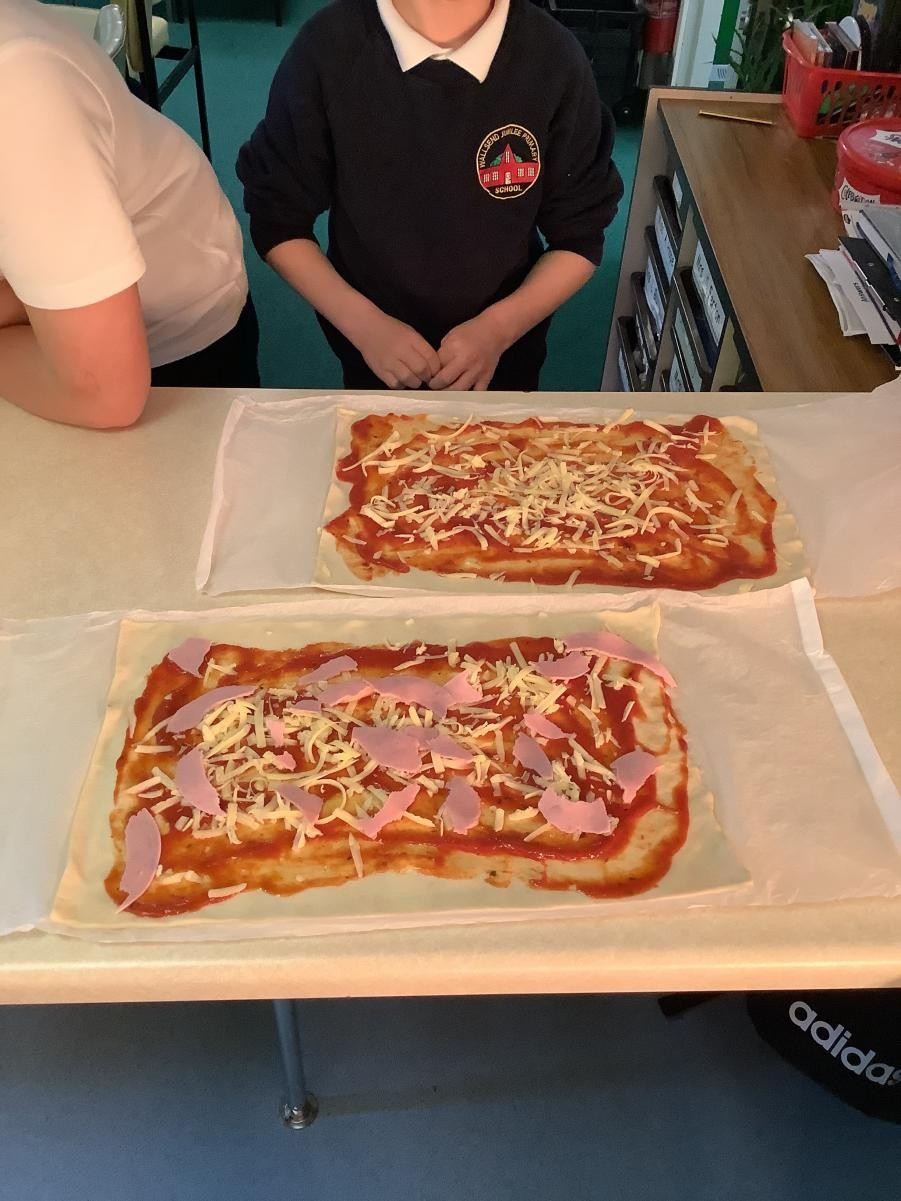
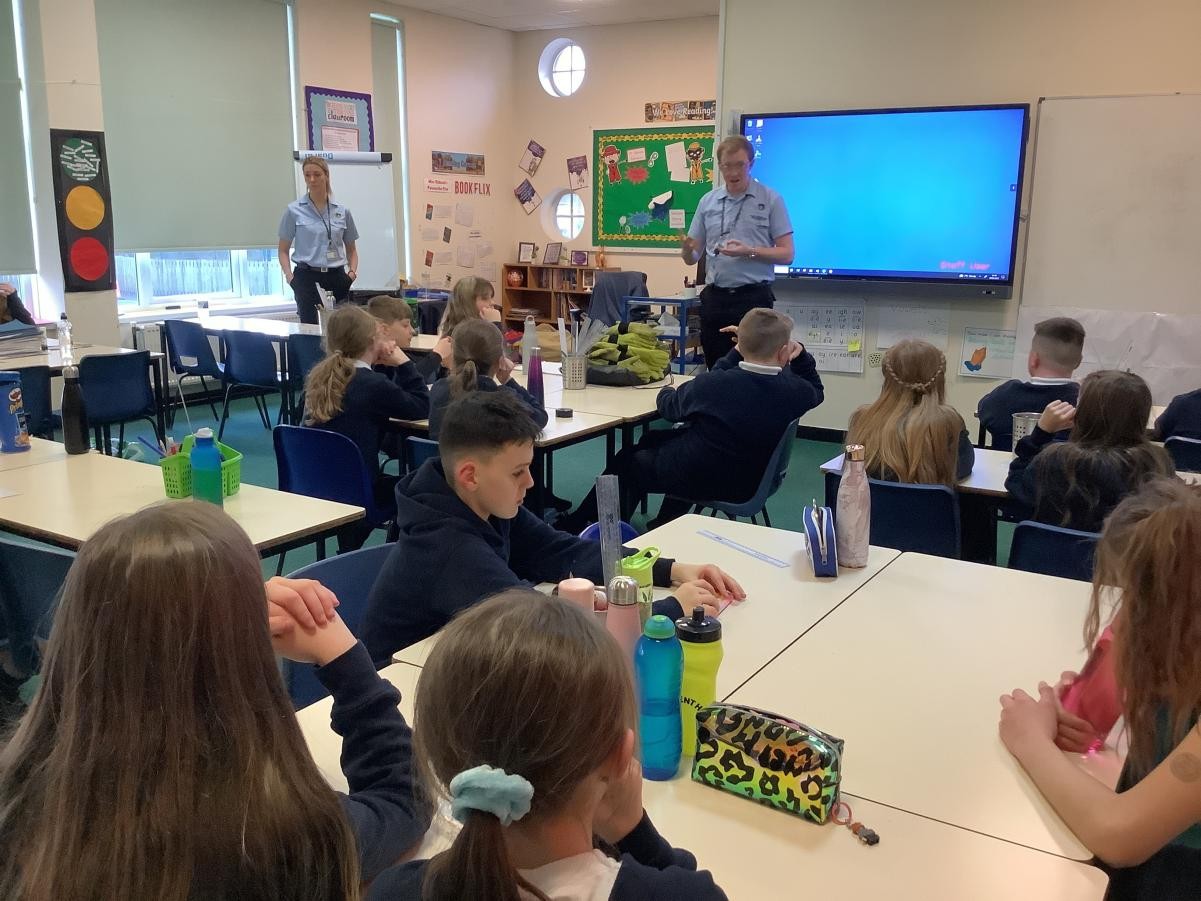
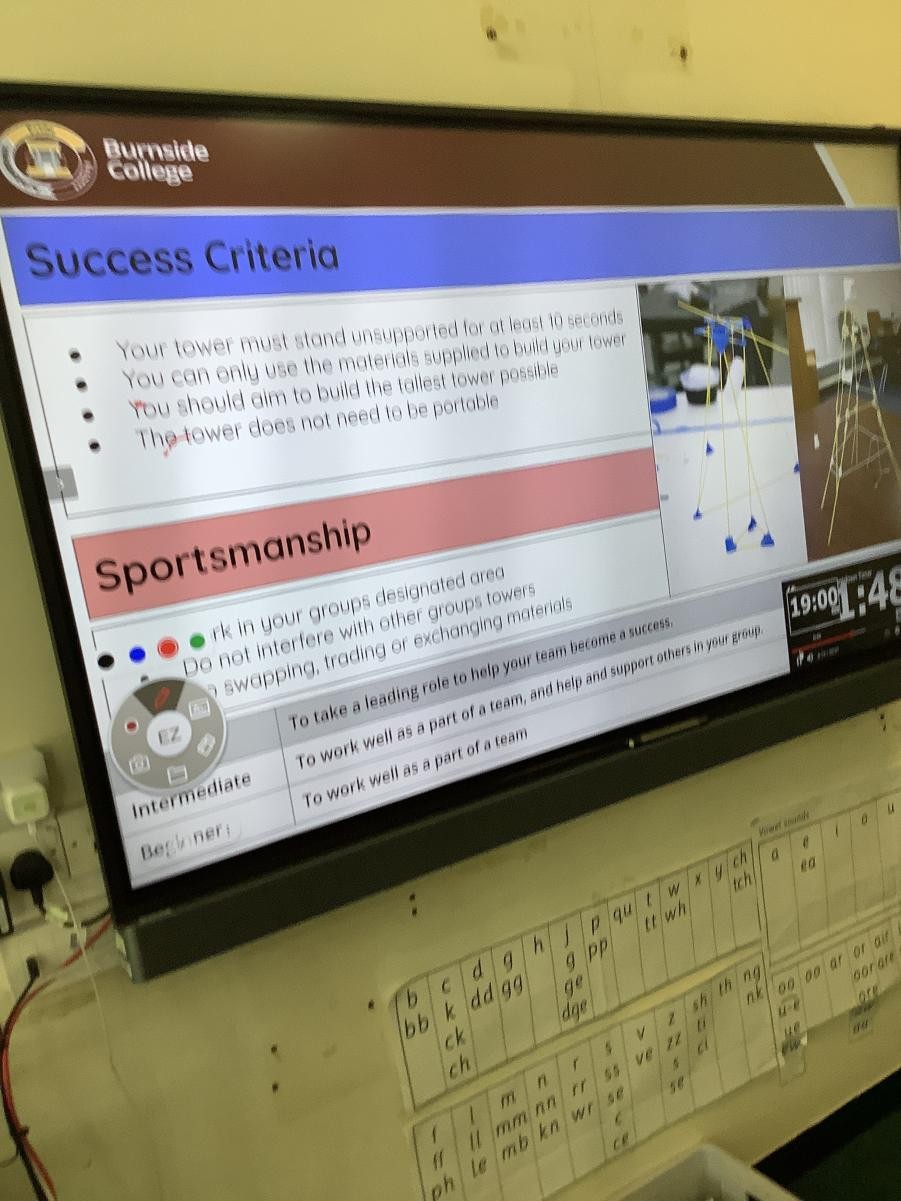
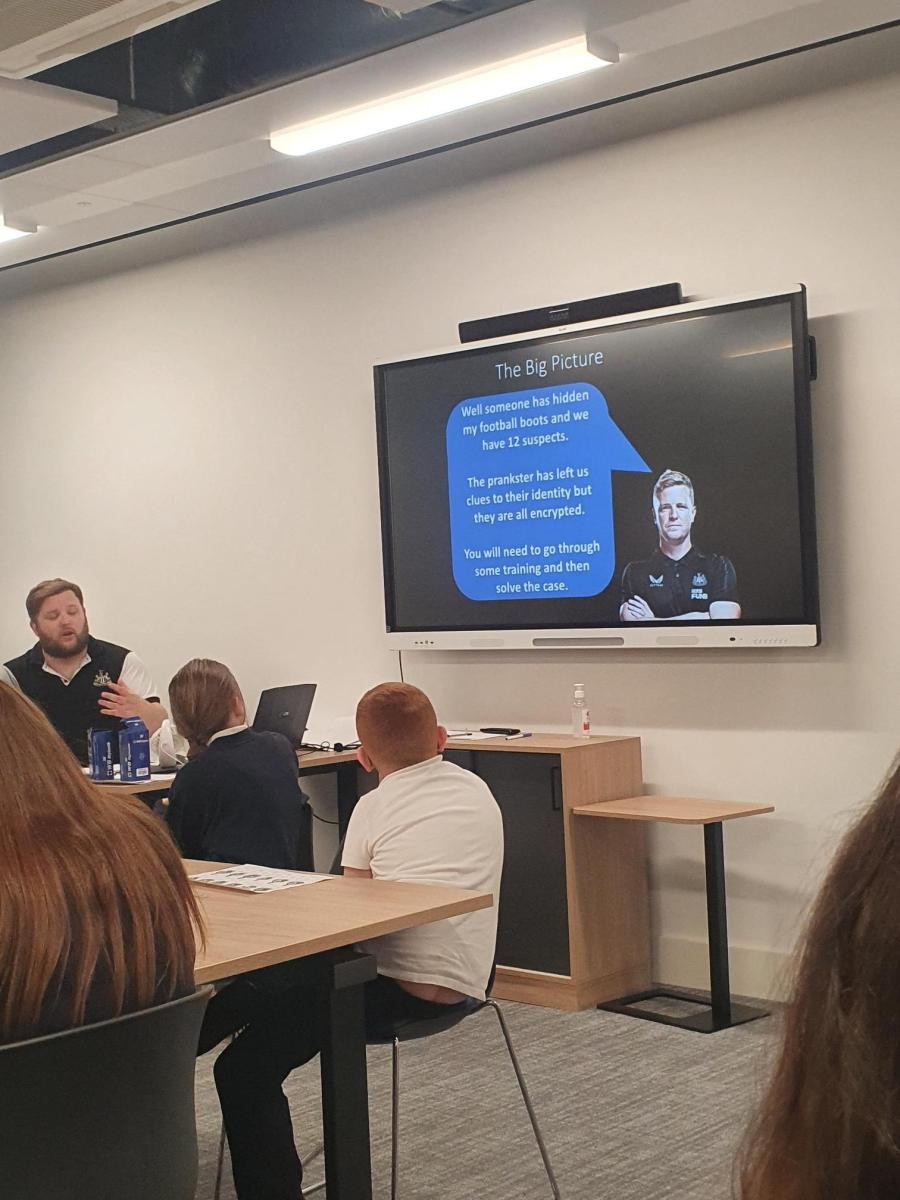

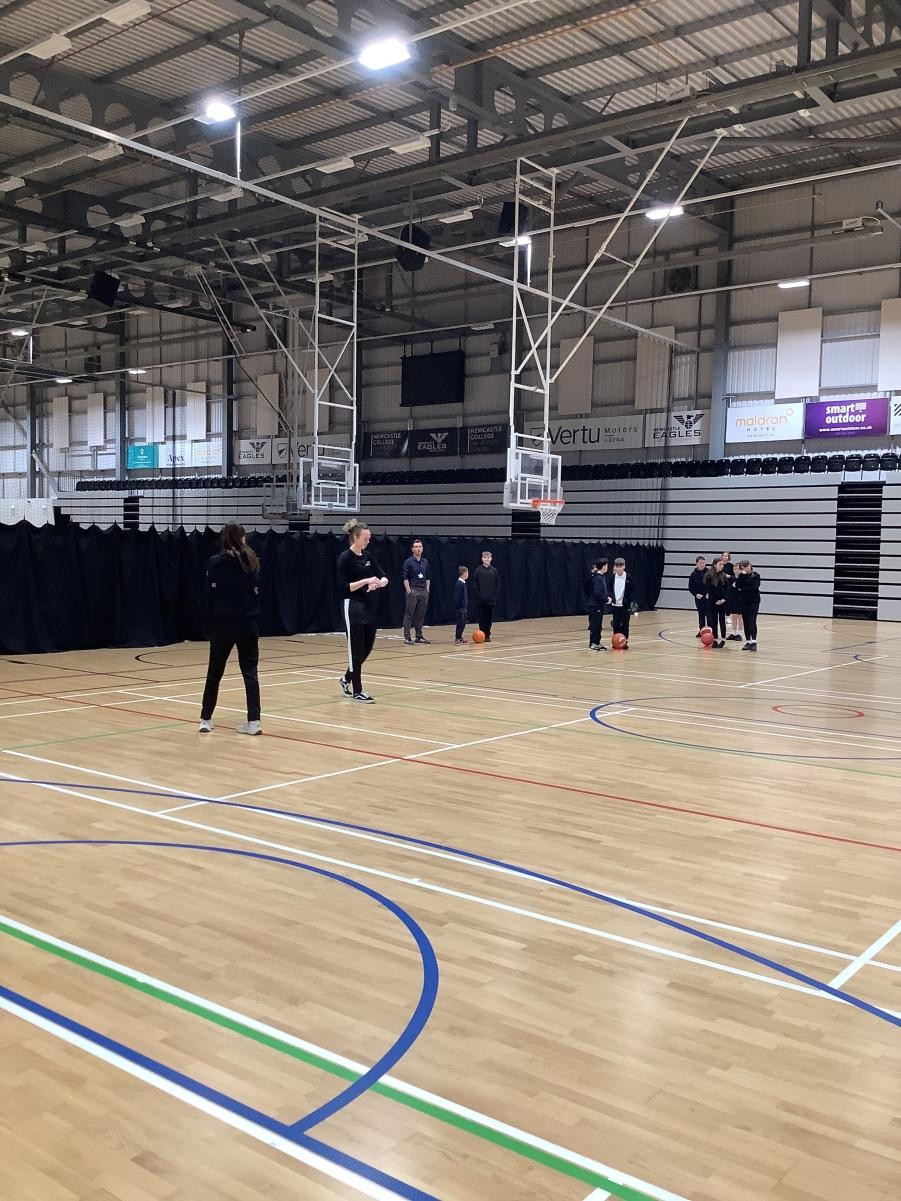
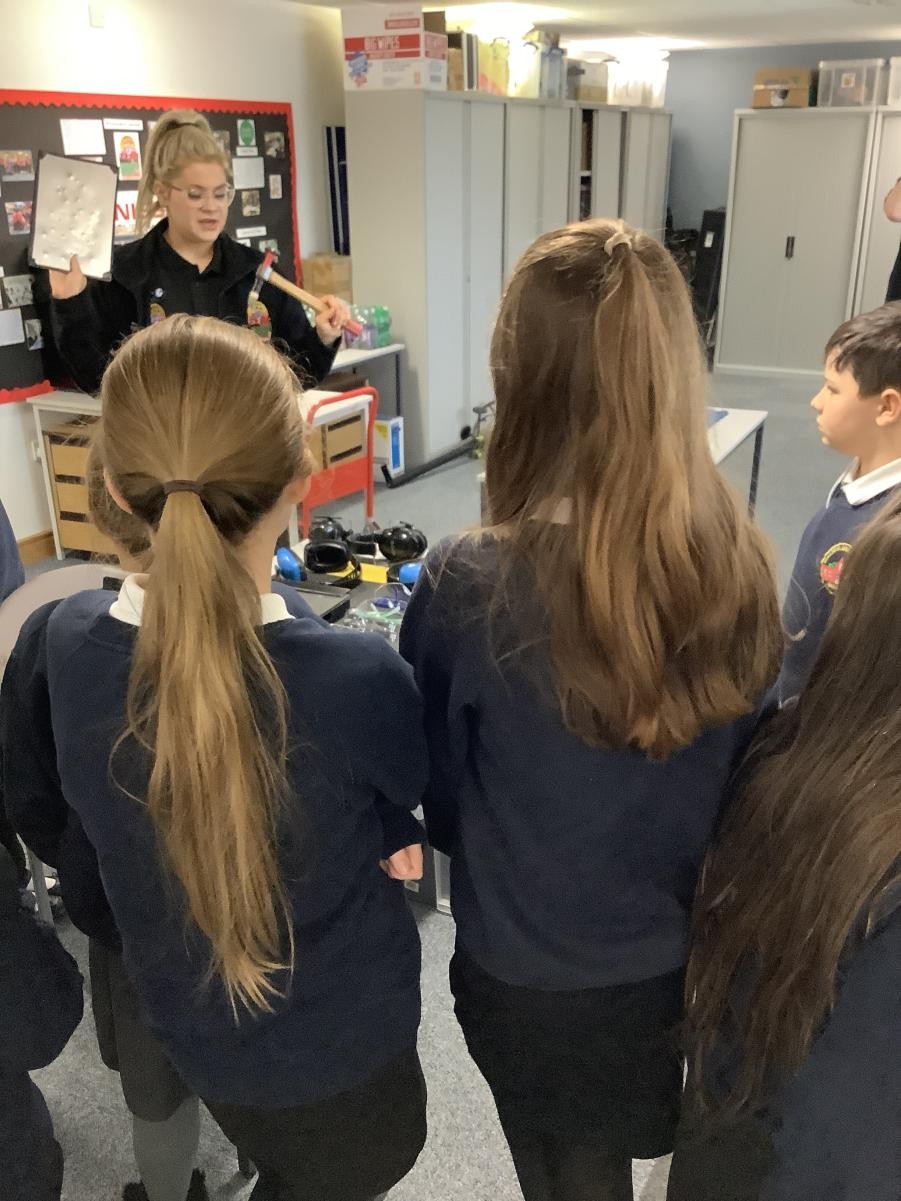

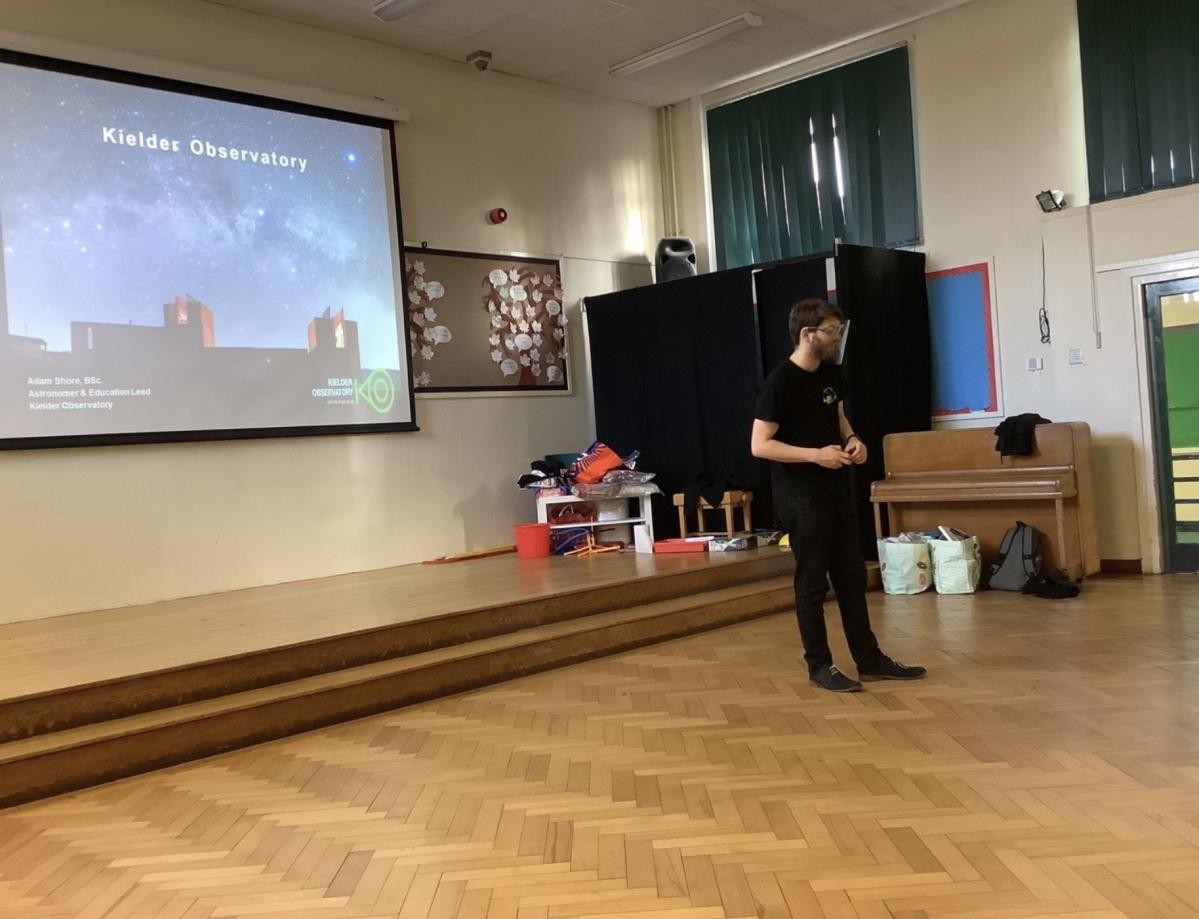
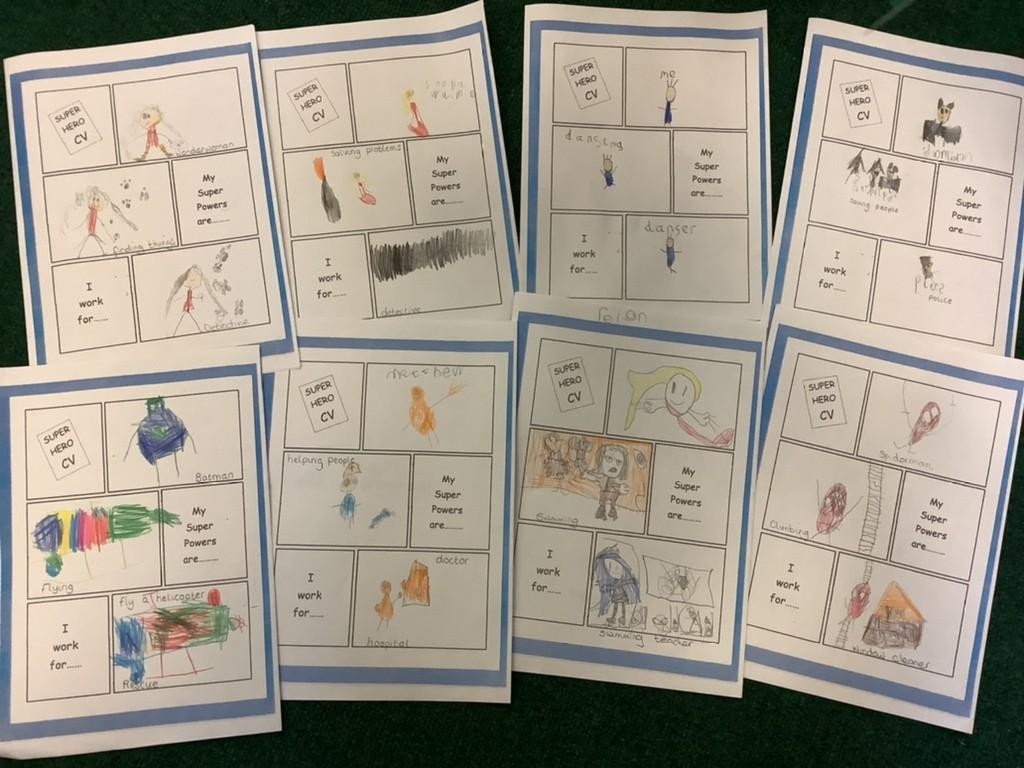
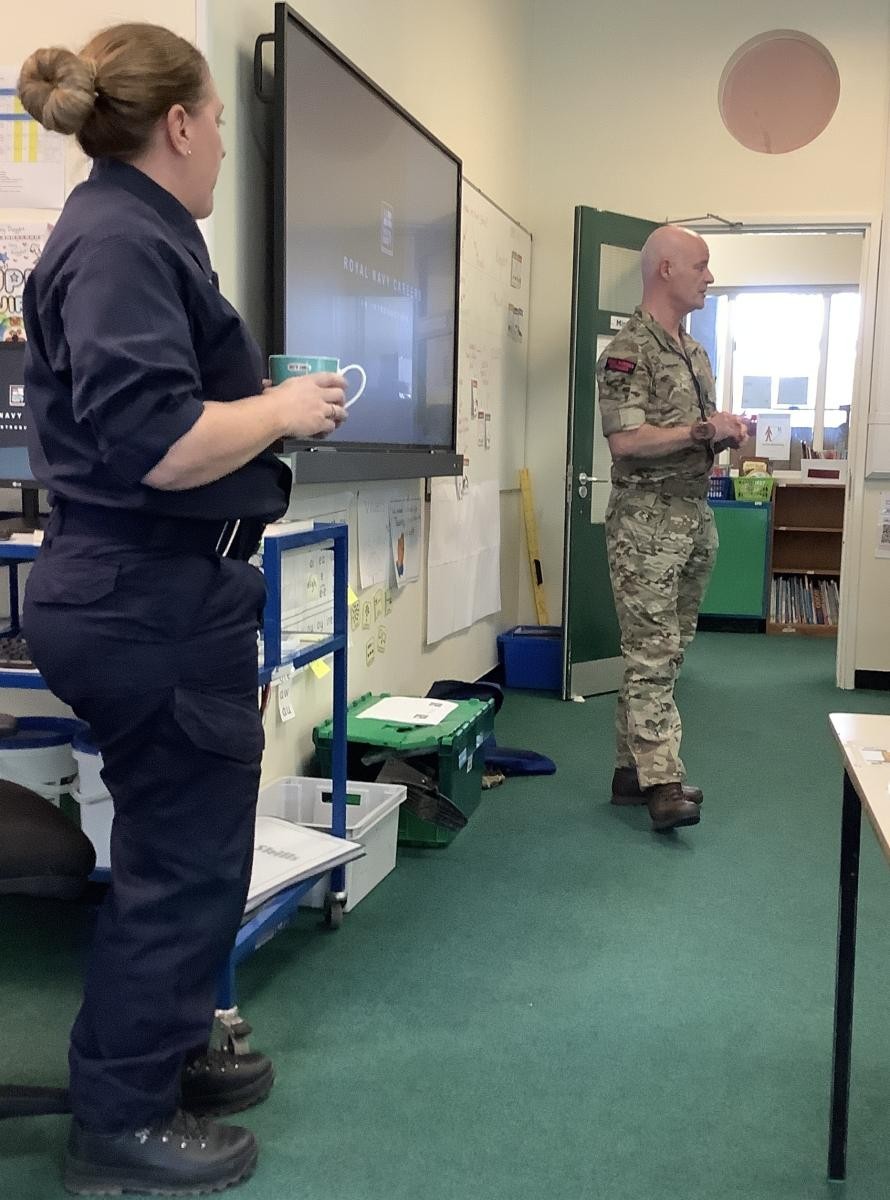
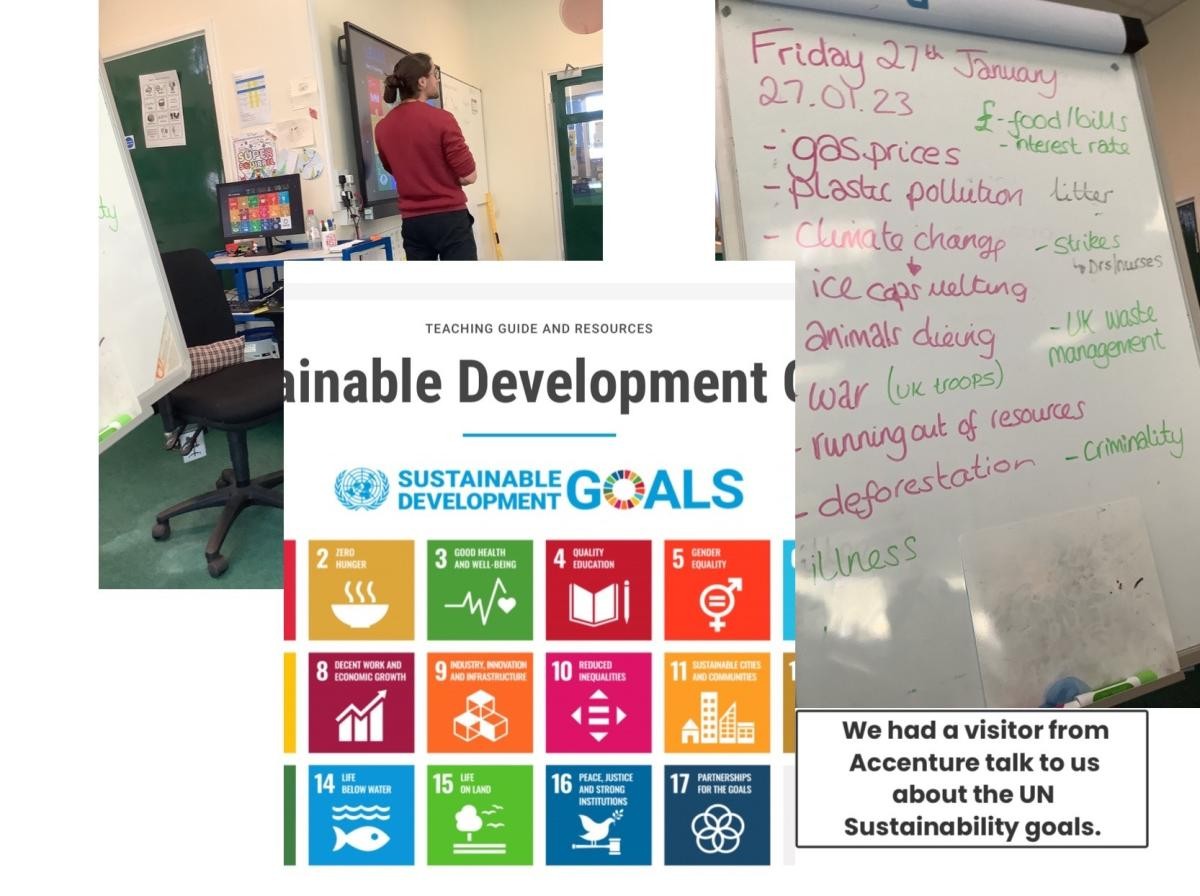
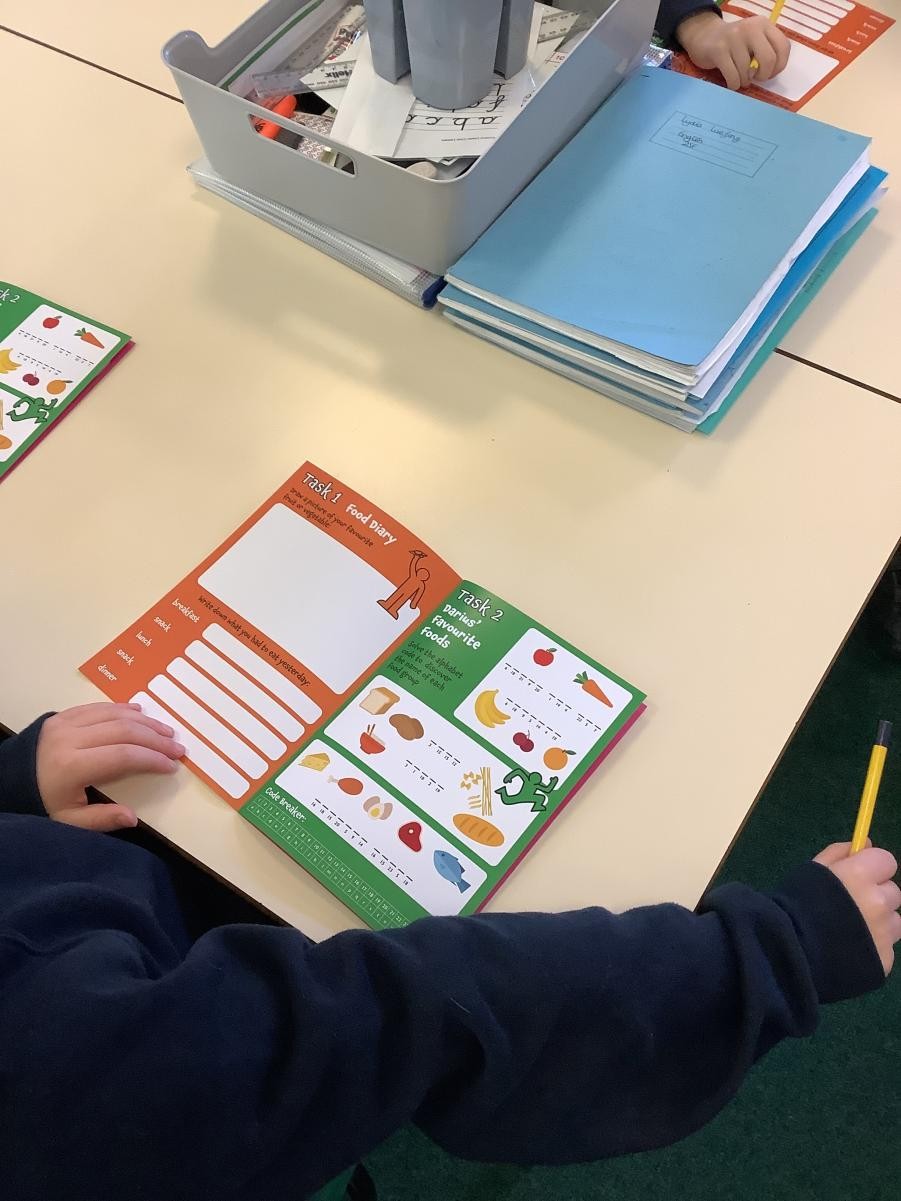
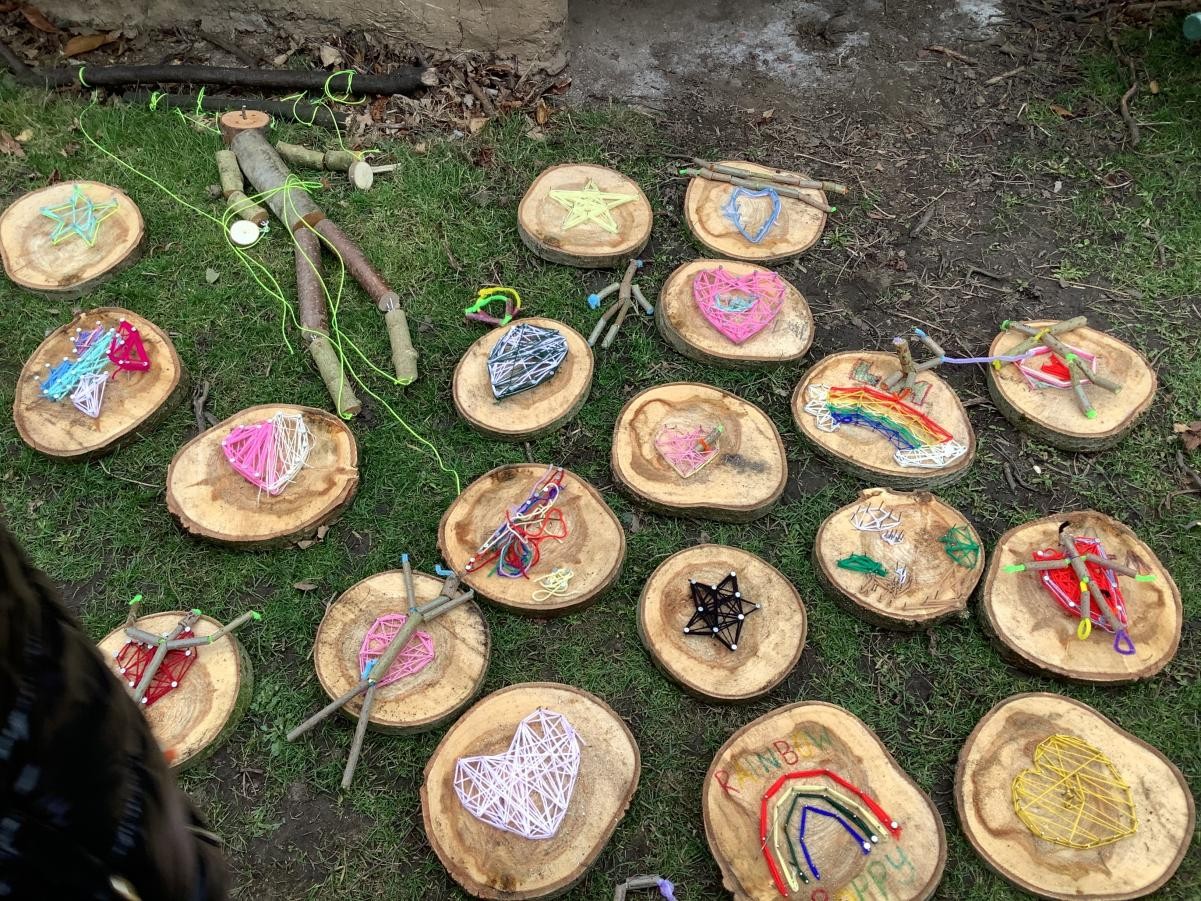
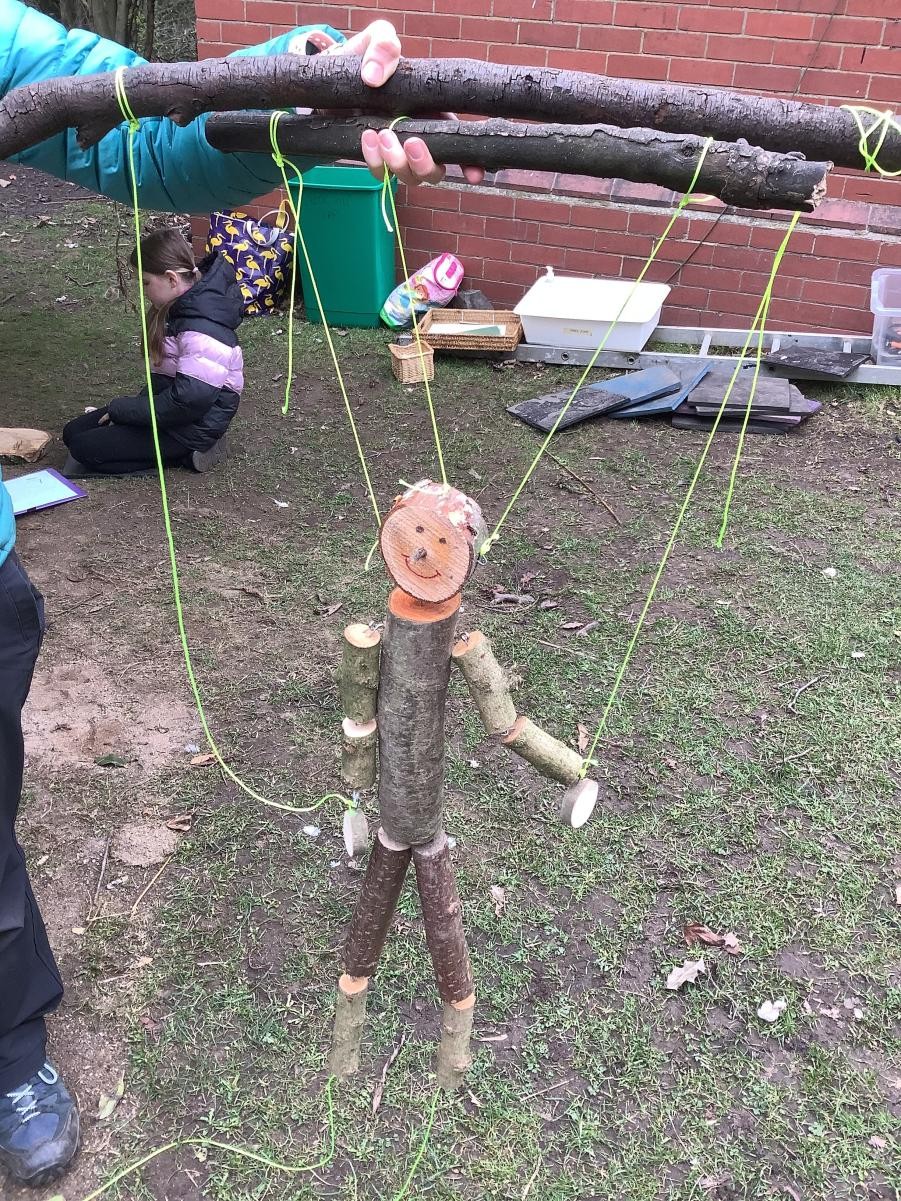
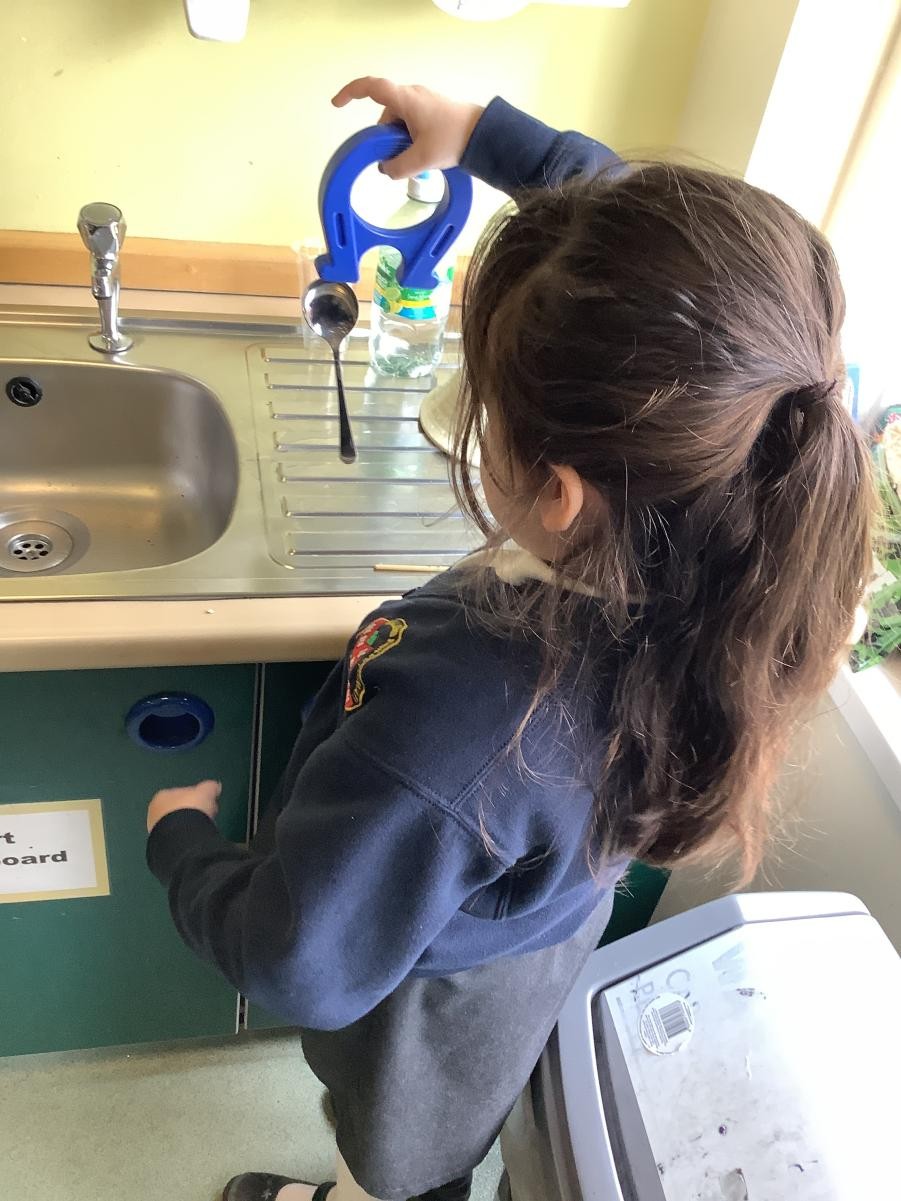
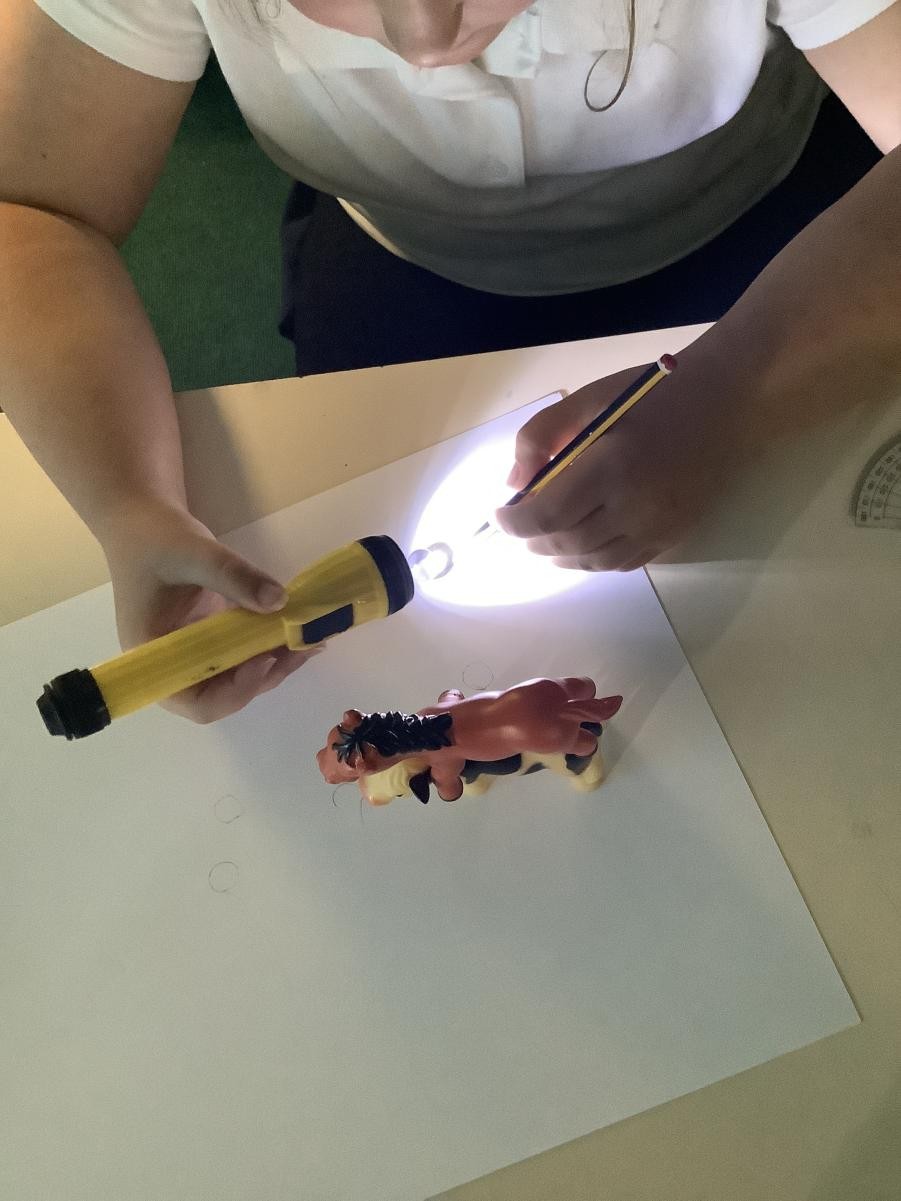
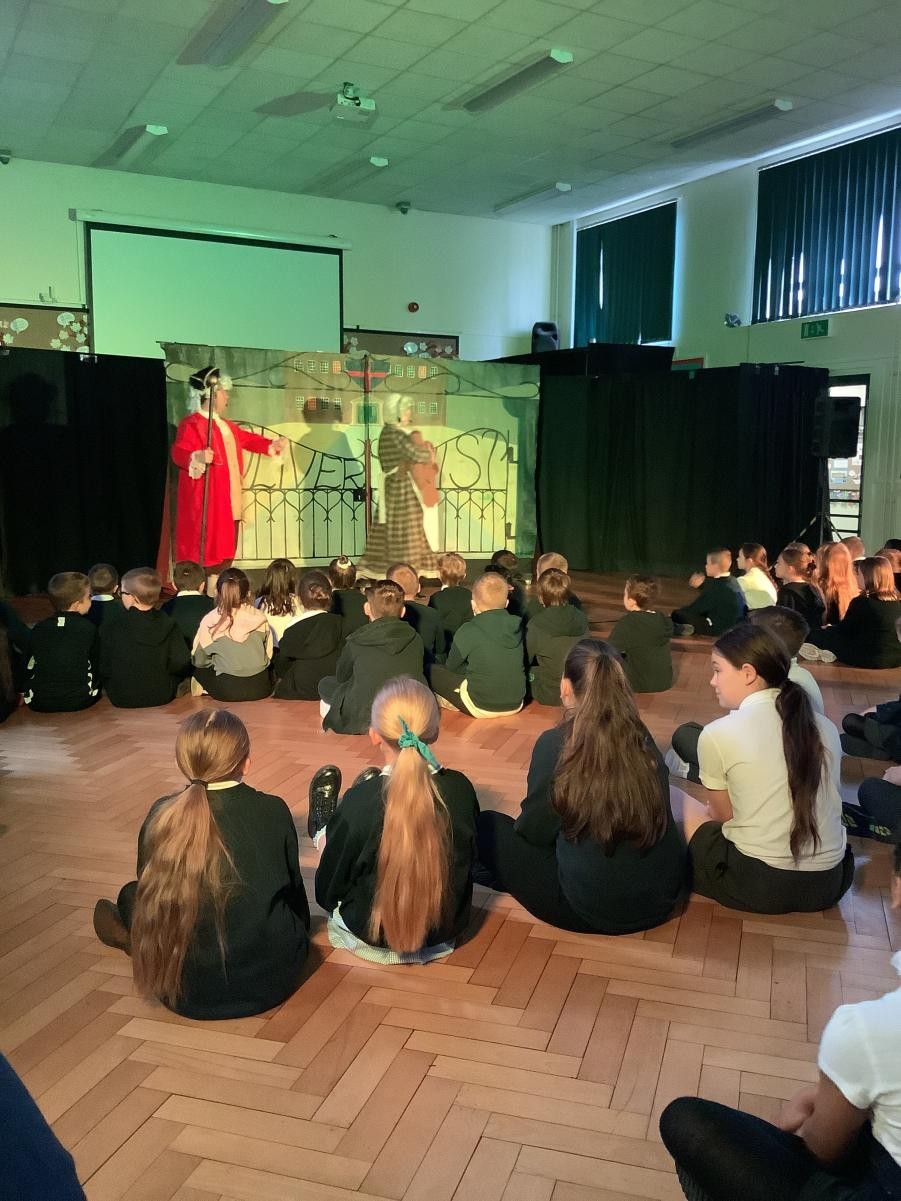
We are very pleased to tell you that you and your Eco-Committee at Wallsend Jubilee Primary School have been successful in meeting the requirements for the Eco-Schools Green Flag Award.
We reviewed your application and noted the following:
It’s brilliant that young people were given the responsibility for recording meeting minutes. This will allow them to take ownership over the Eco-Schools programme and develop their listening, communication and teamwork skills. We loved reading the quote provided by a member of your Eco-Committee. They sound like a very impressive individual and their quote demonstrated how passionate they are about improving their local community and protecting our planet. Well done to William in year 5 who is keen to help recycle and look after the environment! It was lovely to read all the comments on your Environmental Review and gain a real insight into the debate and discussion that took place whilst completing it. It’s clear your Eco-Committee are constantly considering what actions they can take to improve their local community and benefit our planet. Your Action Plan shows that your Eco-Committee have carefully considered how they can involve their entire school in their planned Eco-Schools’ activities to achieve maximum impacts and raise awareness amongst their school community. We loved hearing about your plans to build bug hotels and bird houses! You have provided practical and fun curriculum examples, which impressively build on the projects you have worked on in your Action Plan. This is a great way to add context to your Eco-Schools work, it means young people at your school are given the opportunity to learn about important environmental issues and then the chance to work on these issues – a great dual approach. Your DT projects sound a great fun! You have worked with a variety of different individuals and organisations, relying on their expertise and passion to enrich and inform your Eco-Schools journey. No doubt this was a mutually beneficial experience for all, as these individuals and organisations must have also been inspired by your dedicated Eco-Committee. Your greatest successes link clearly to the experience of your pupils. It is wonderful to hear about the positive attitude of the children towards their local environment. This is what the best forms of climate action are about – impactful but achievable things that create a positive experience and prompt more action. We love this! Your Eco-Code is very punchy, clear and easy to digest for those that see it. It’s a direct call to action. We love this! We loved reading about your environmentally-themed Eco-day of learning, this is a great way to make eco-education a community event. It has been an absolute pleasure to read through your application, you are a wonderful ambassador for the Eco-Schools programme and we are delighted, without hesitation, to award you an Eco-Schools Green Flag with Distinction– congratulations!
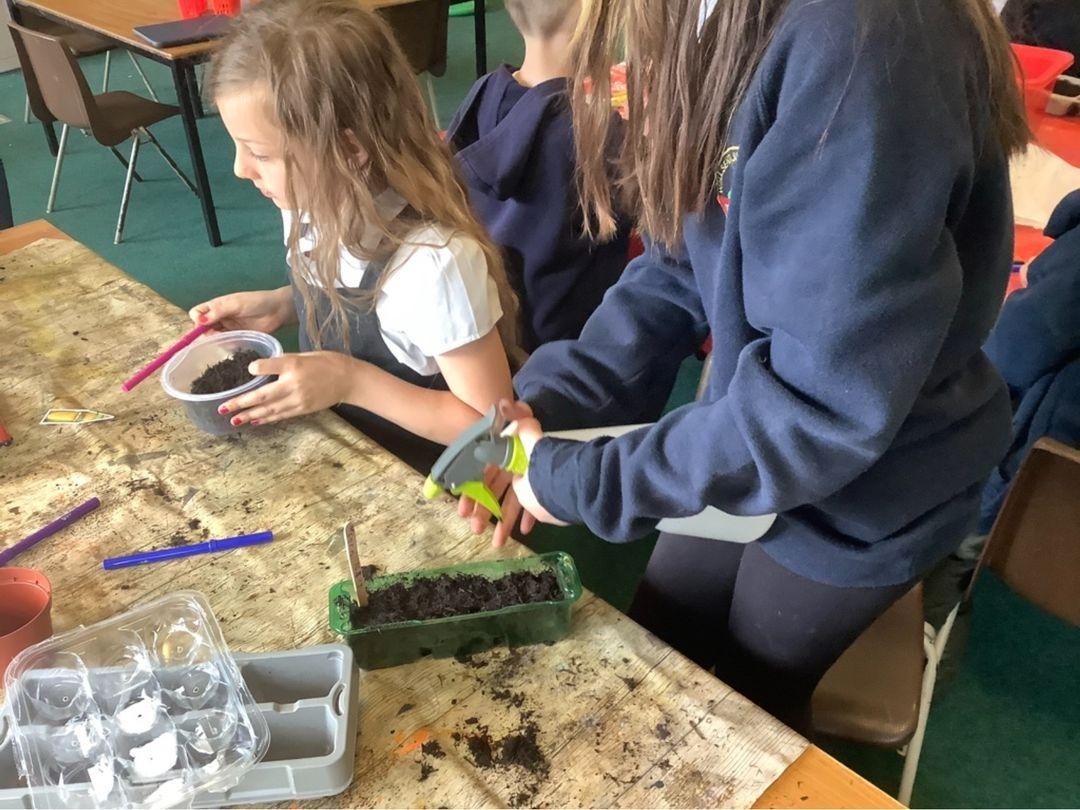
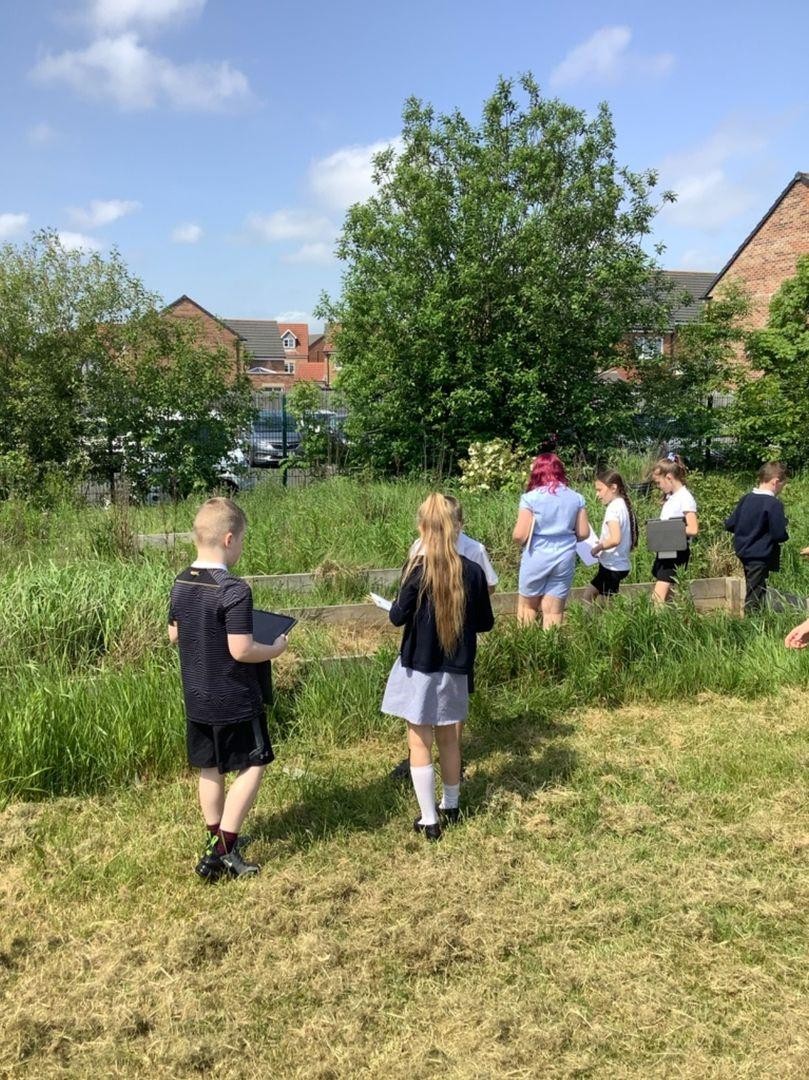
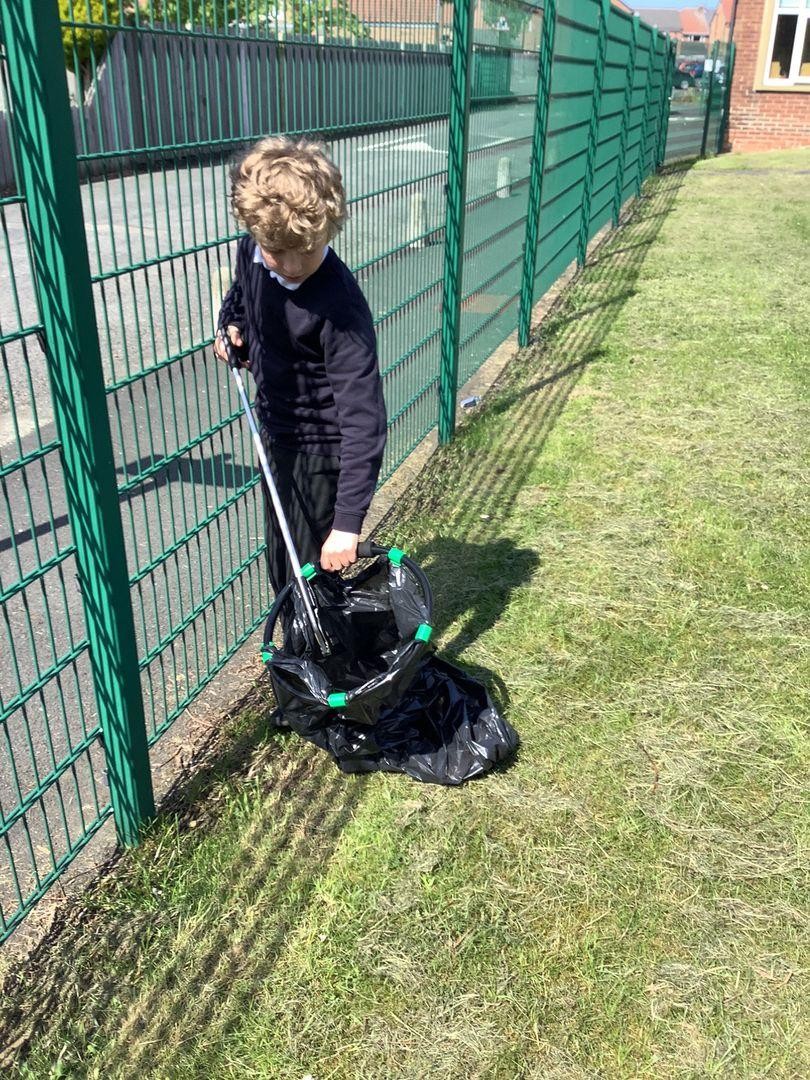
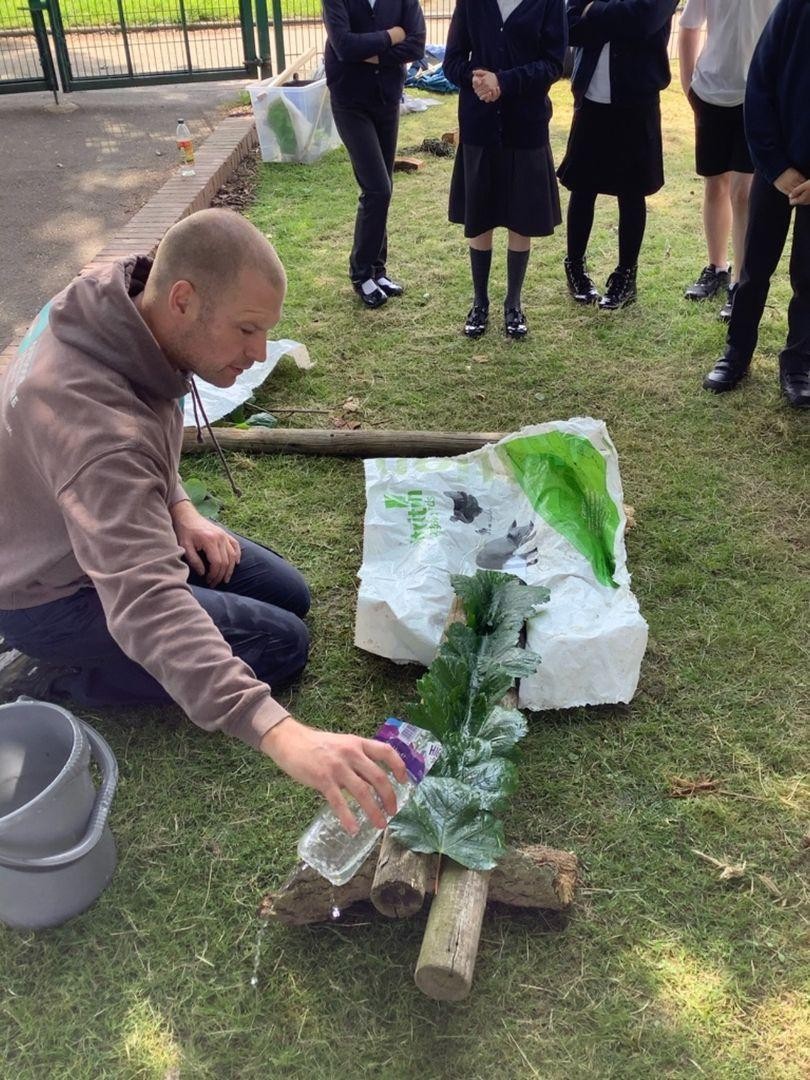
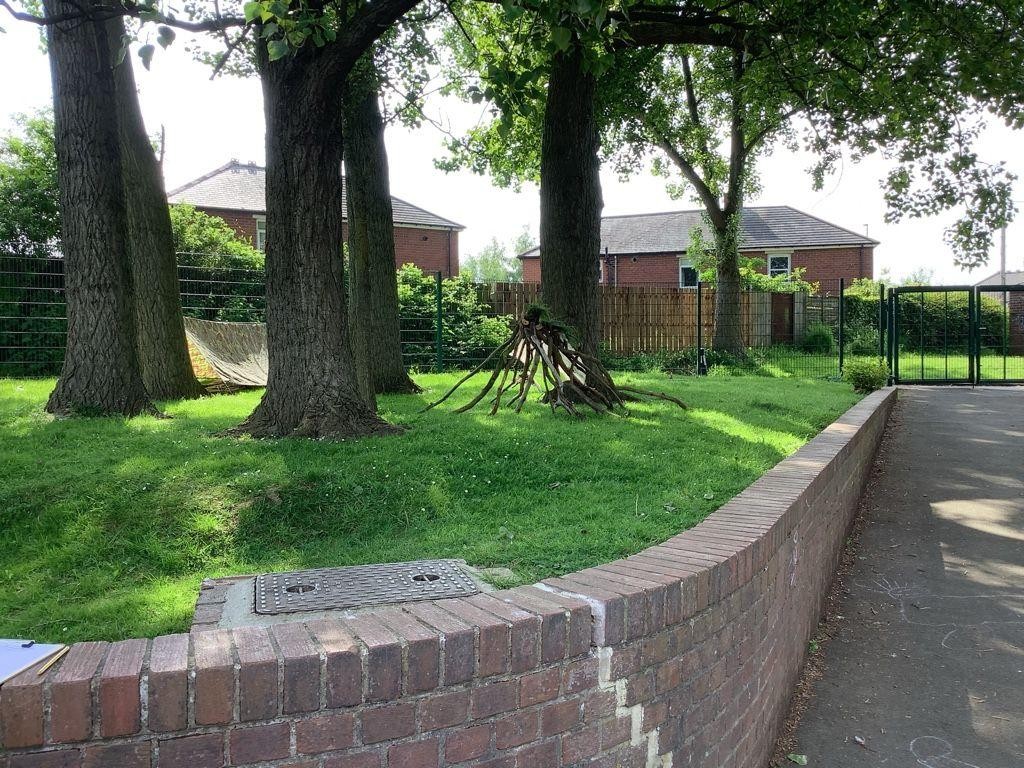
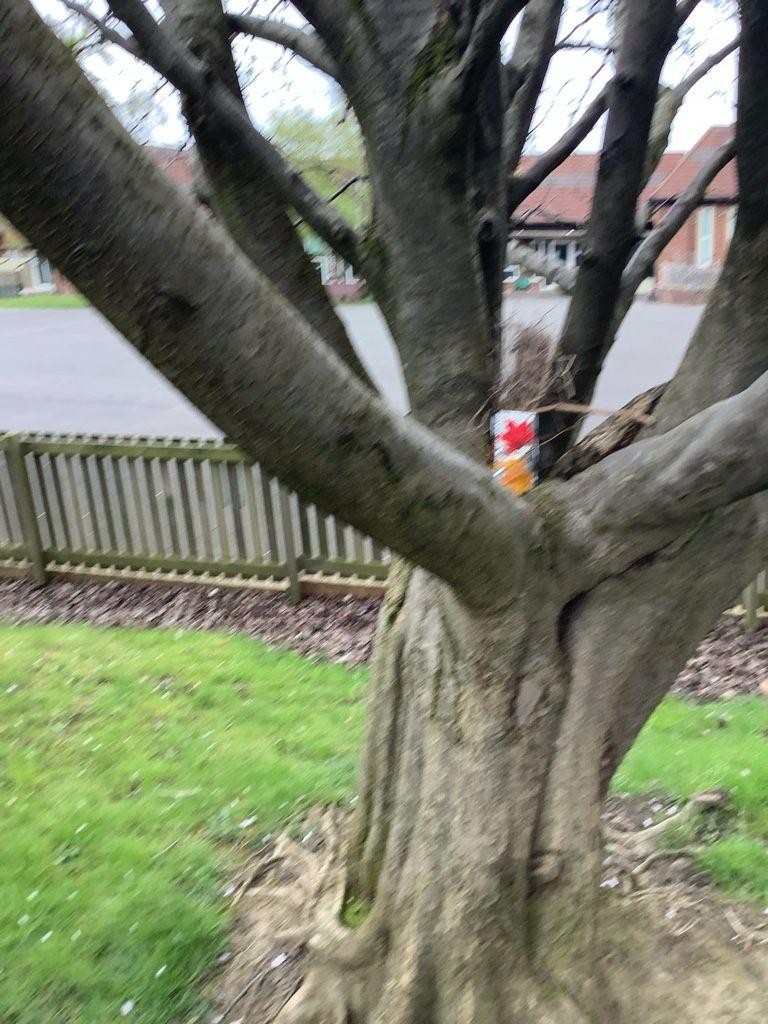
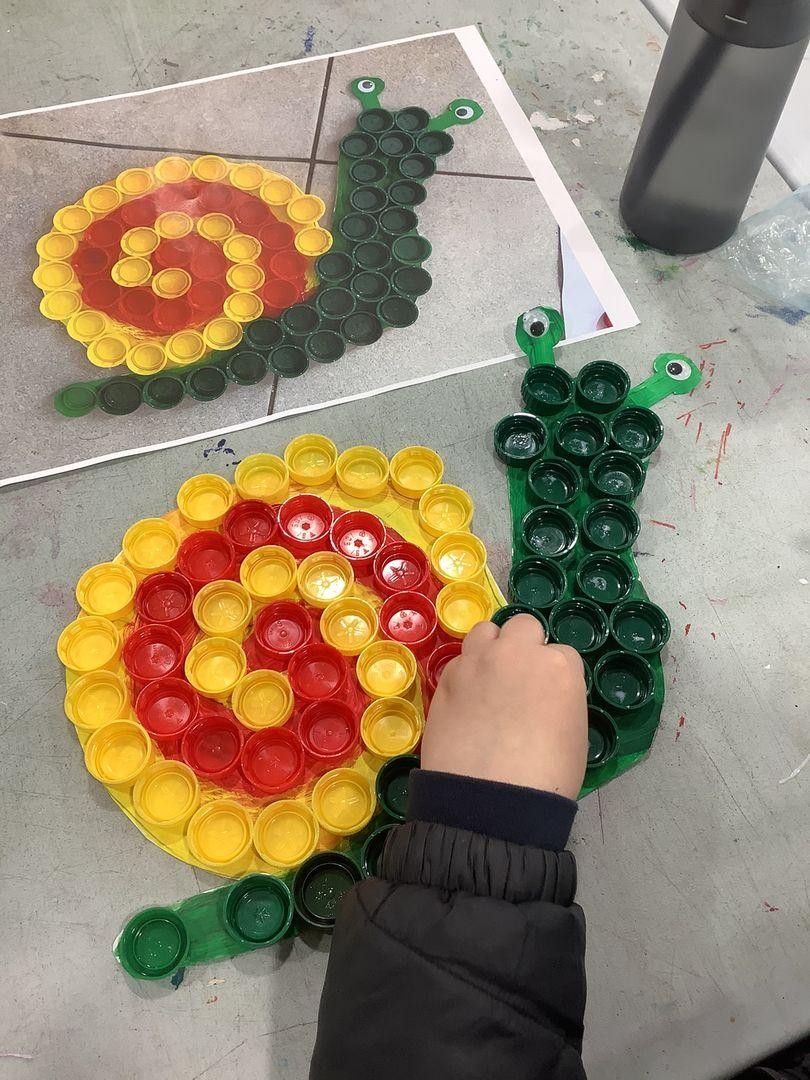
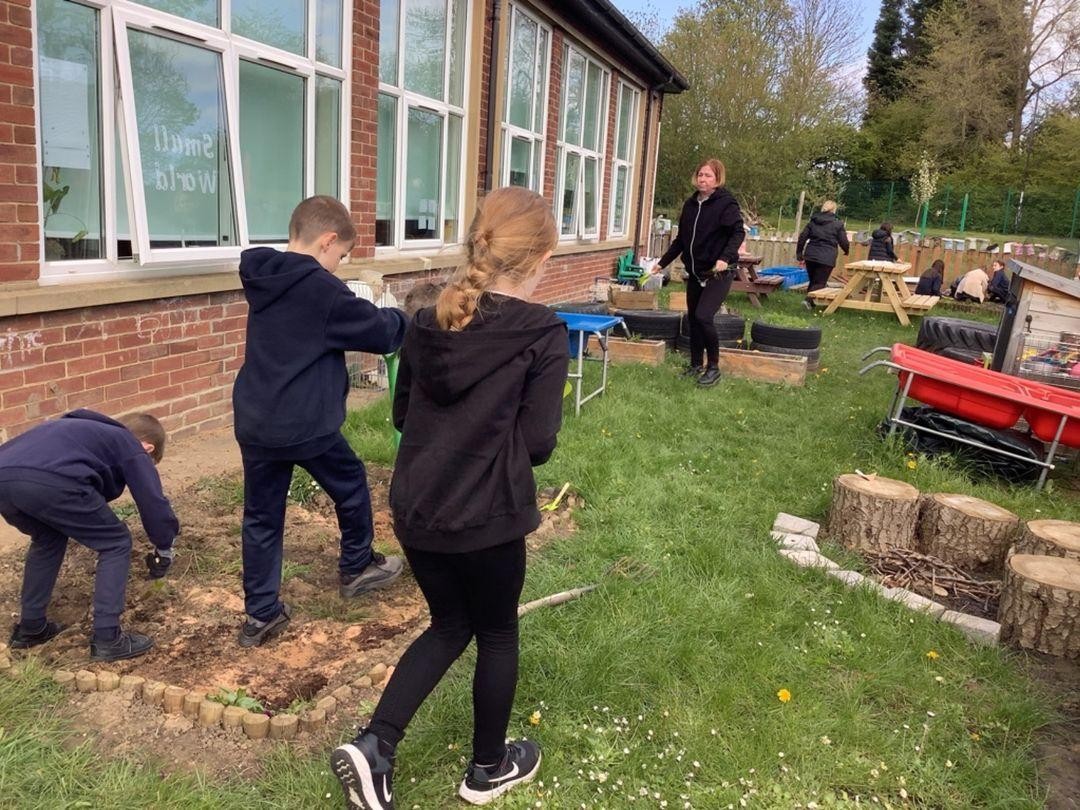
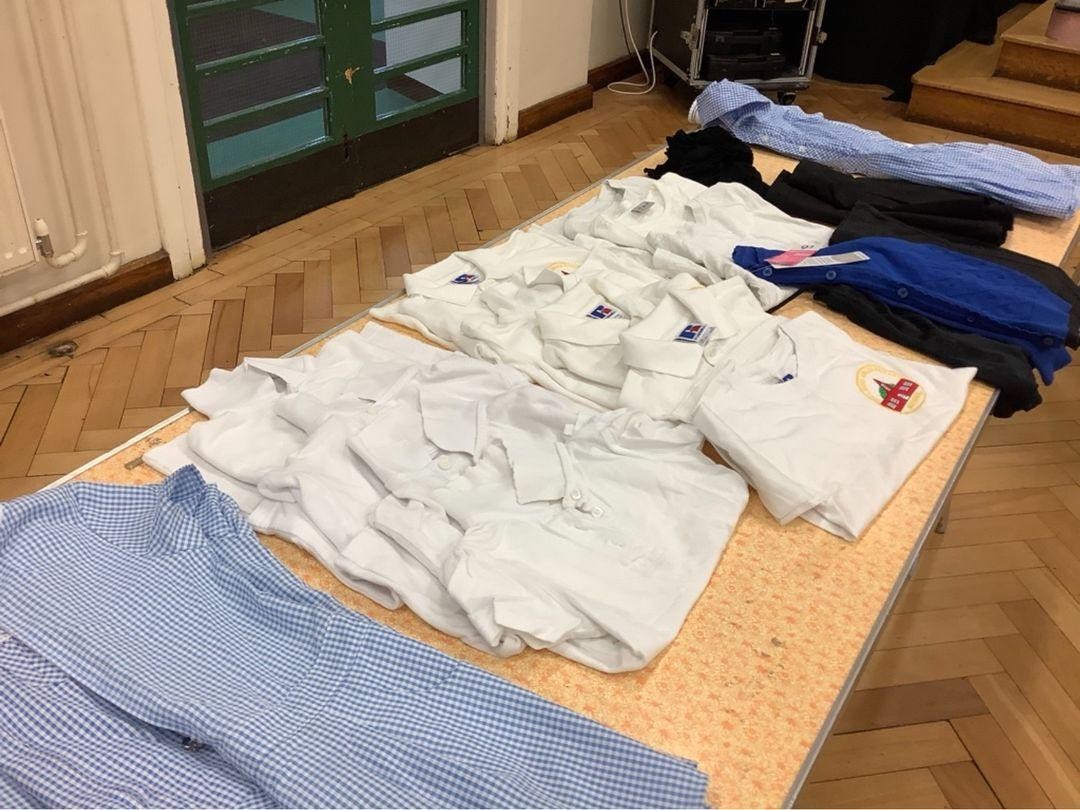
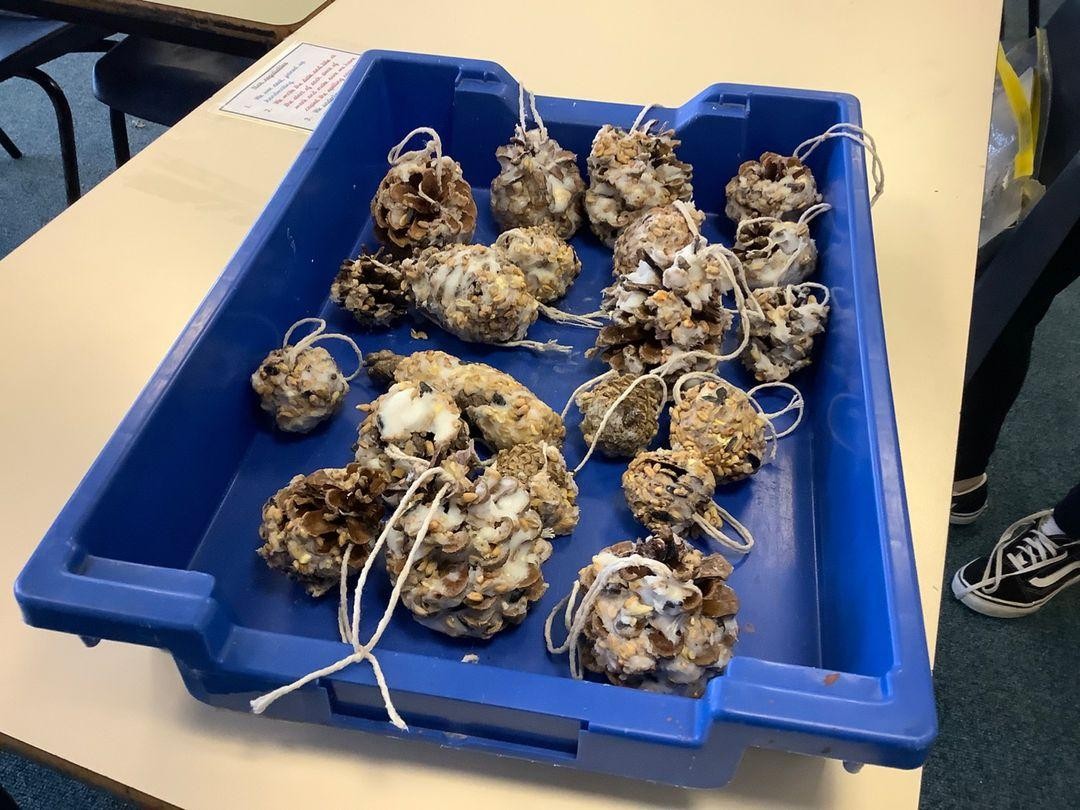
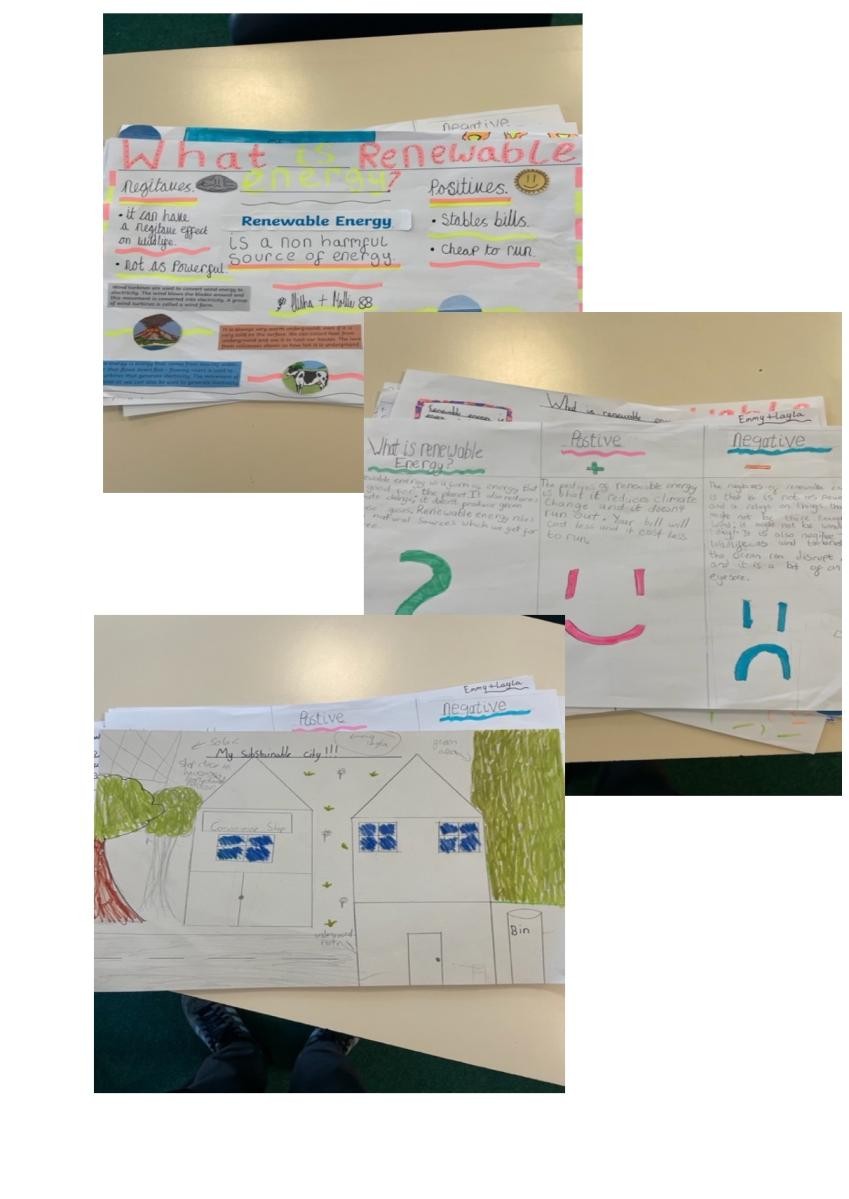
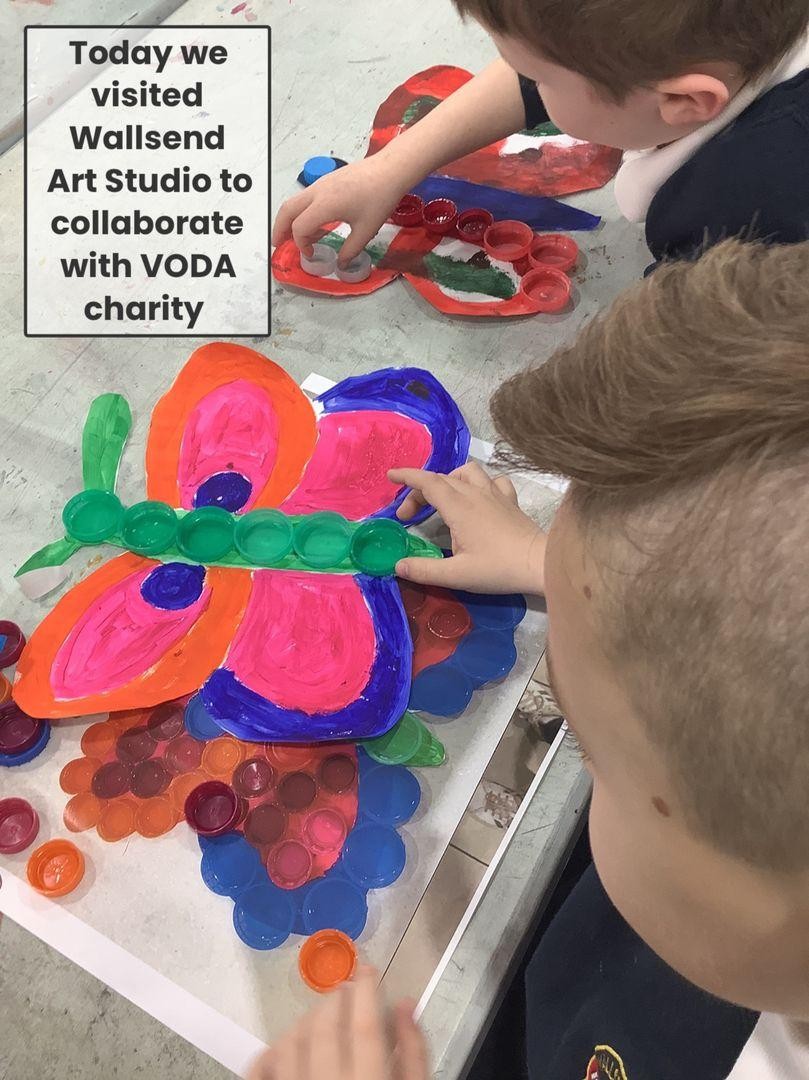
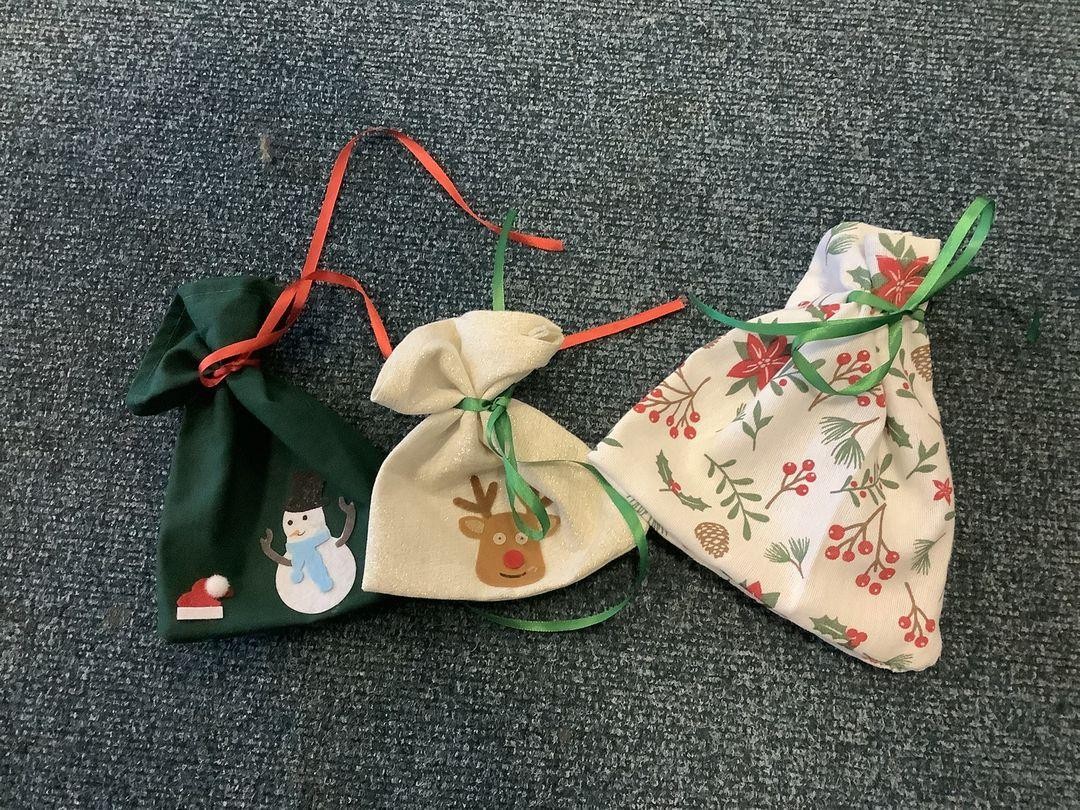

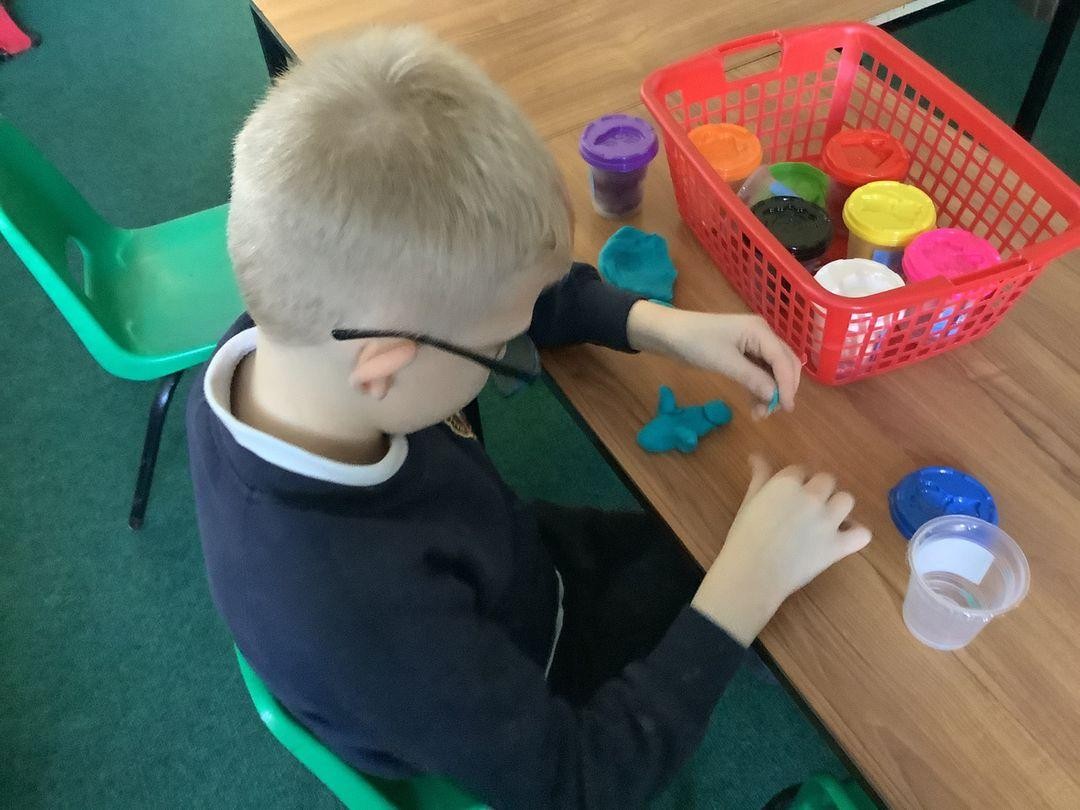
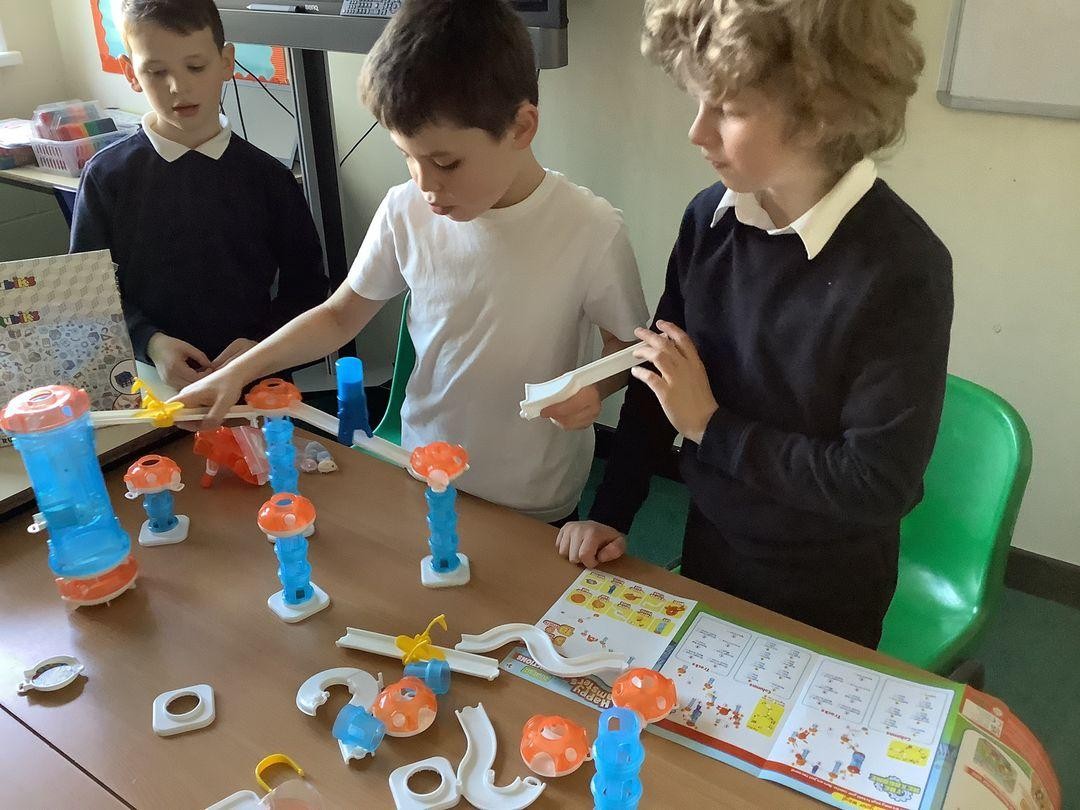
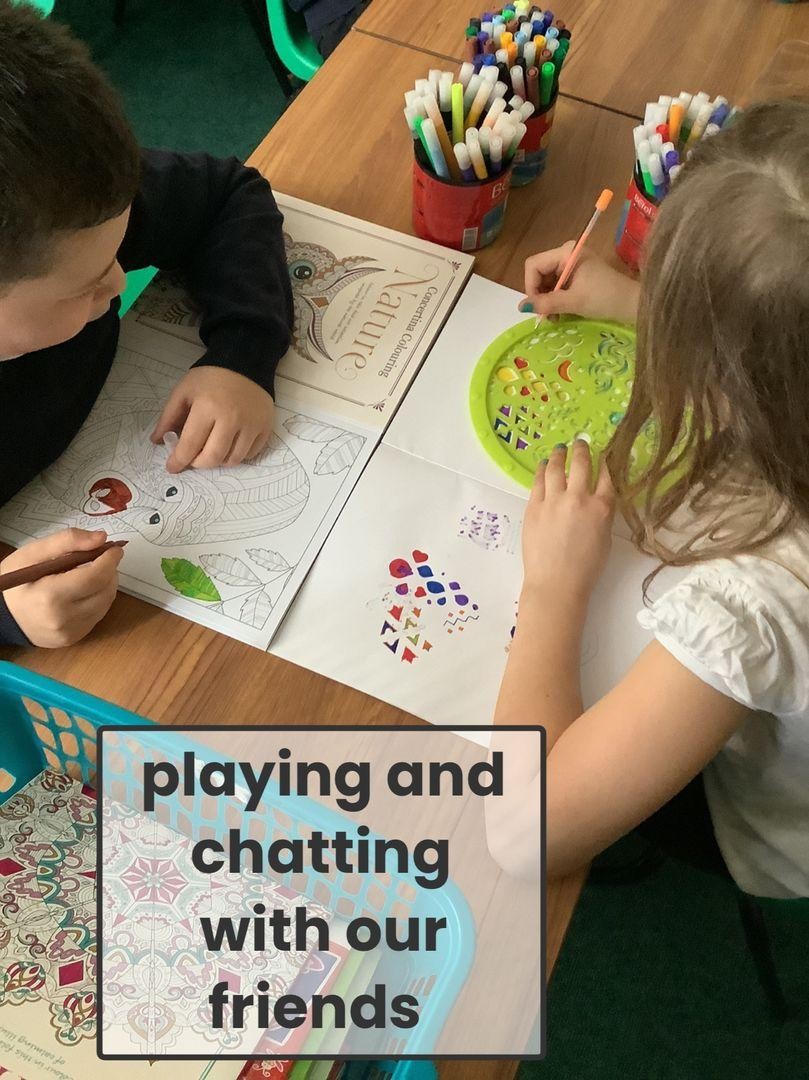
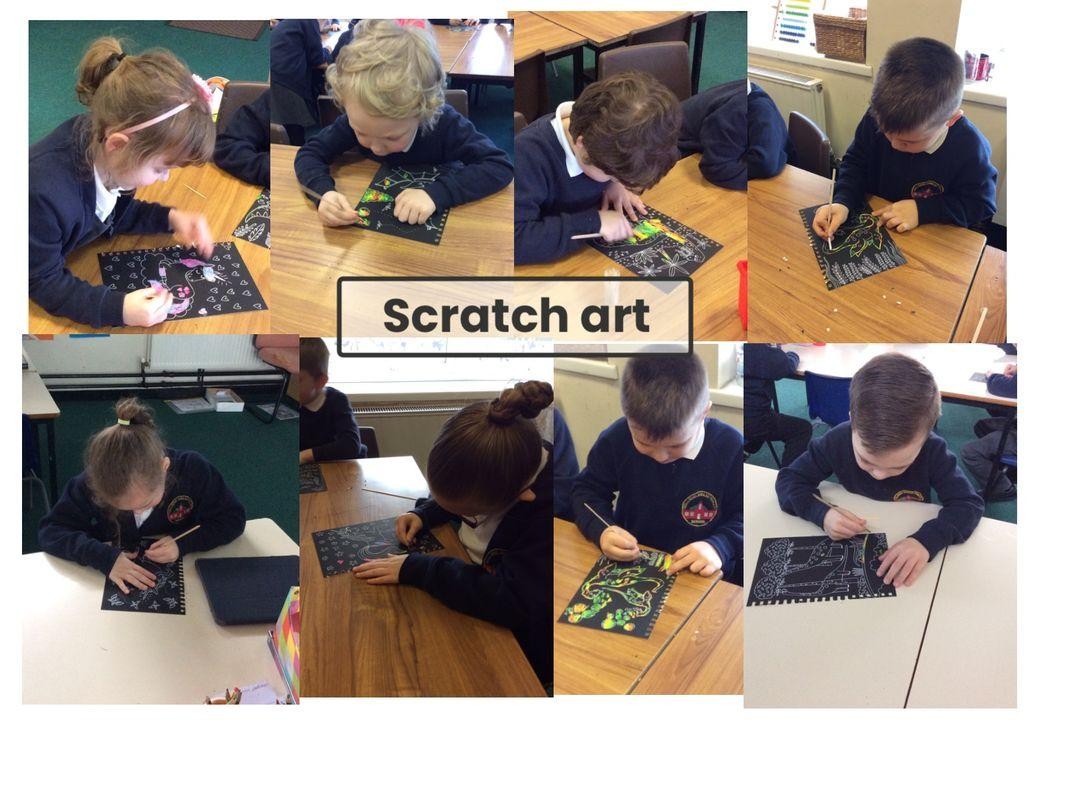
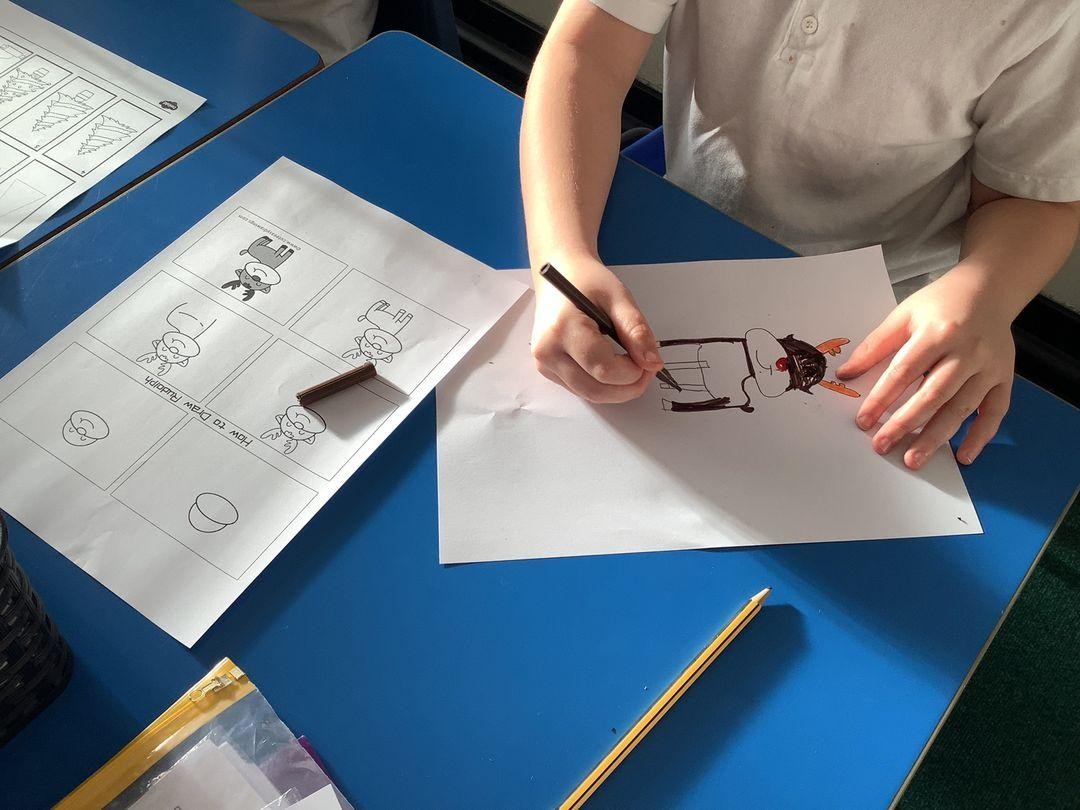
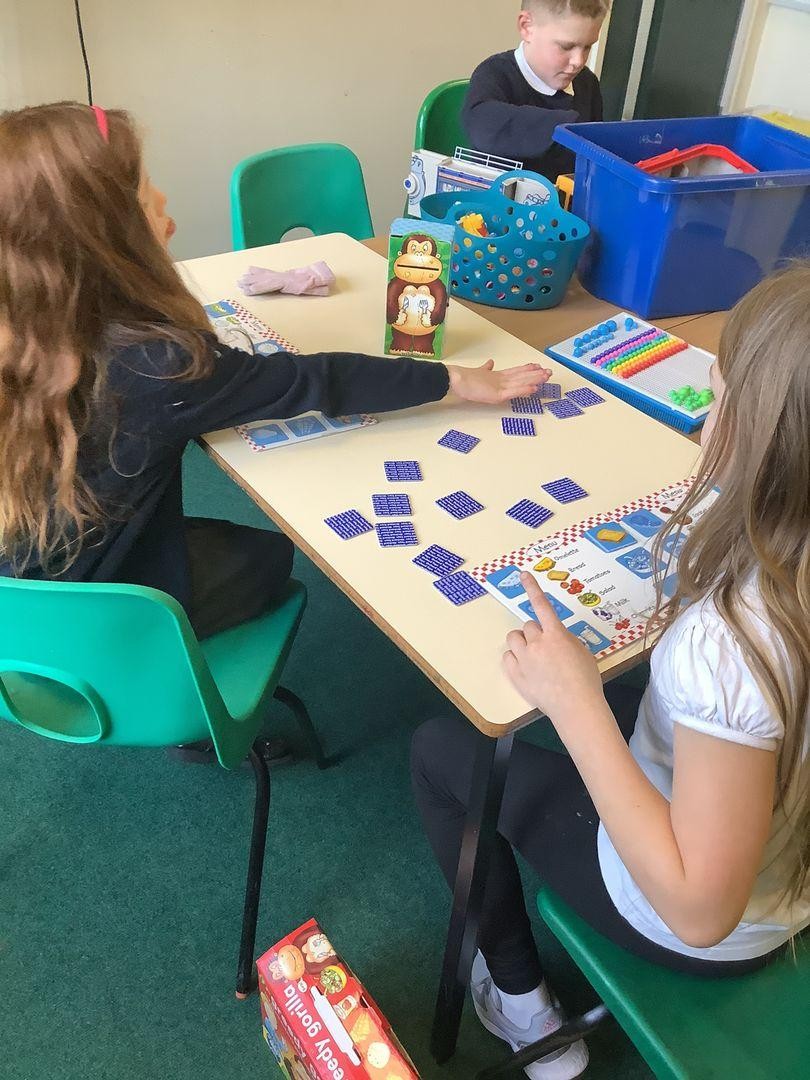
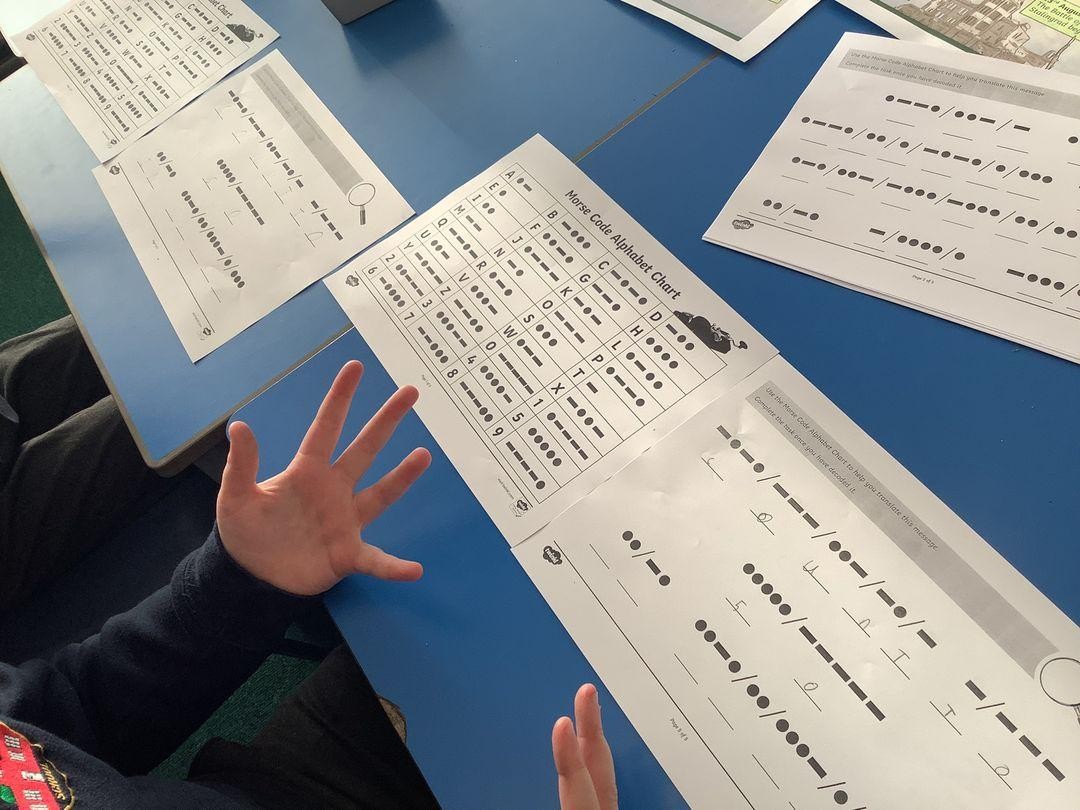
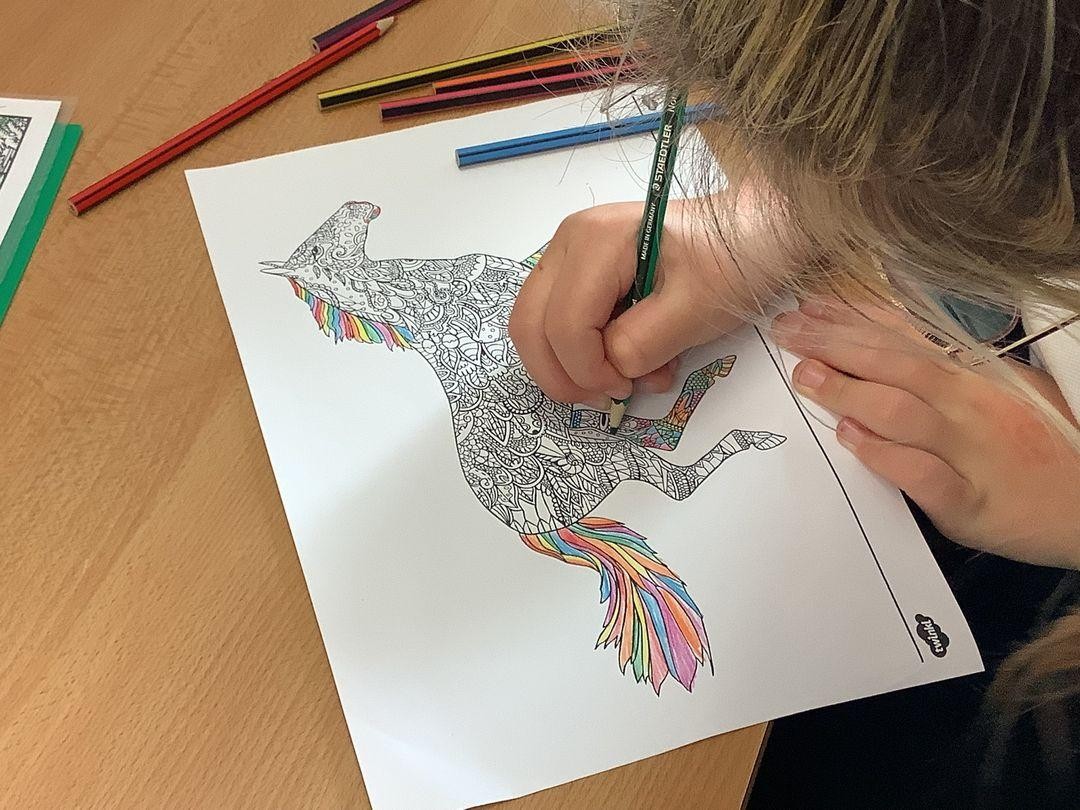
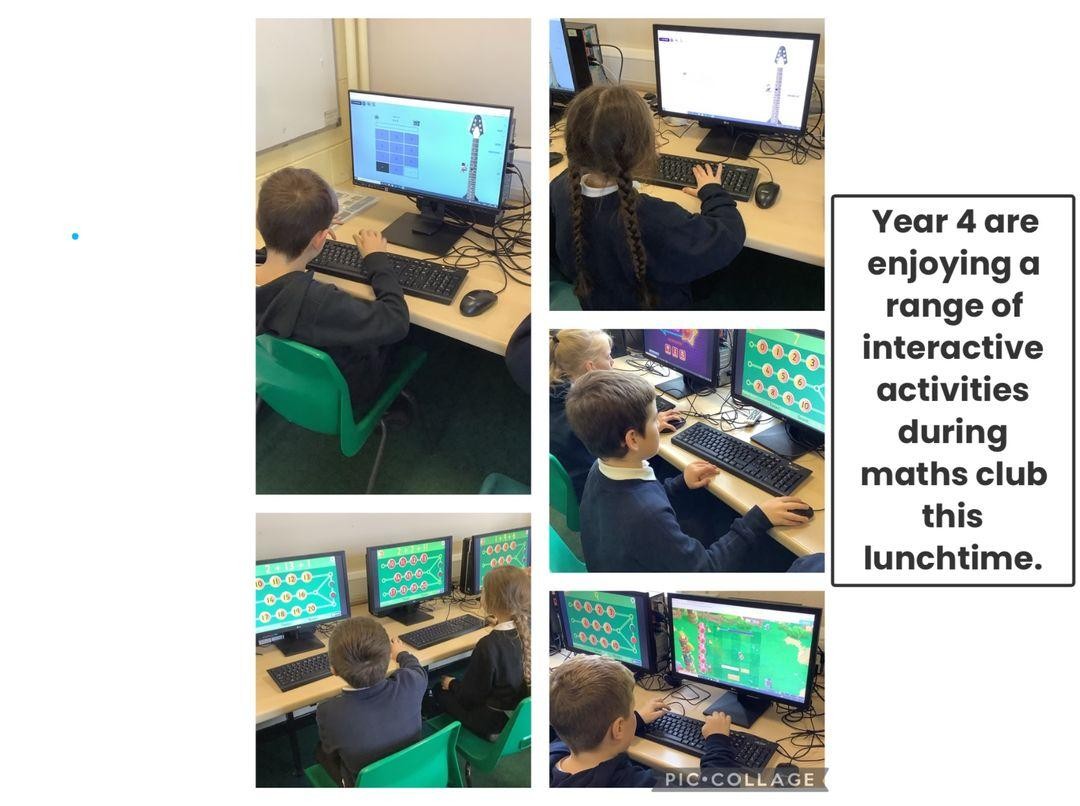
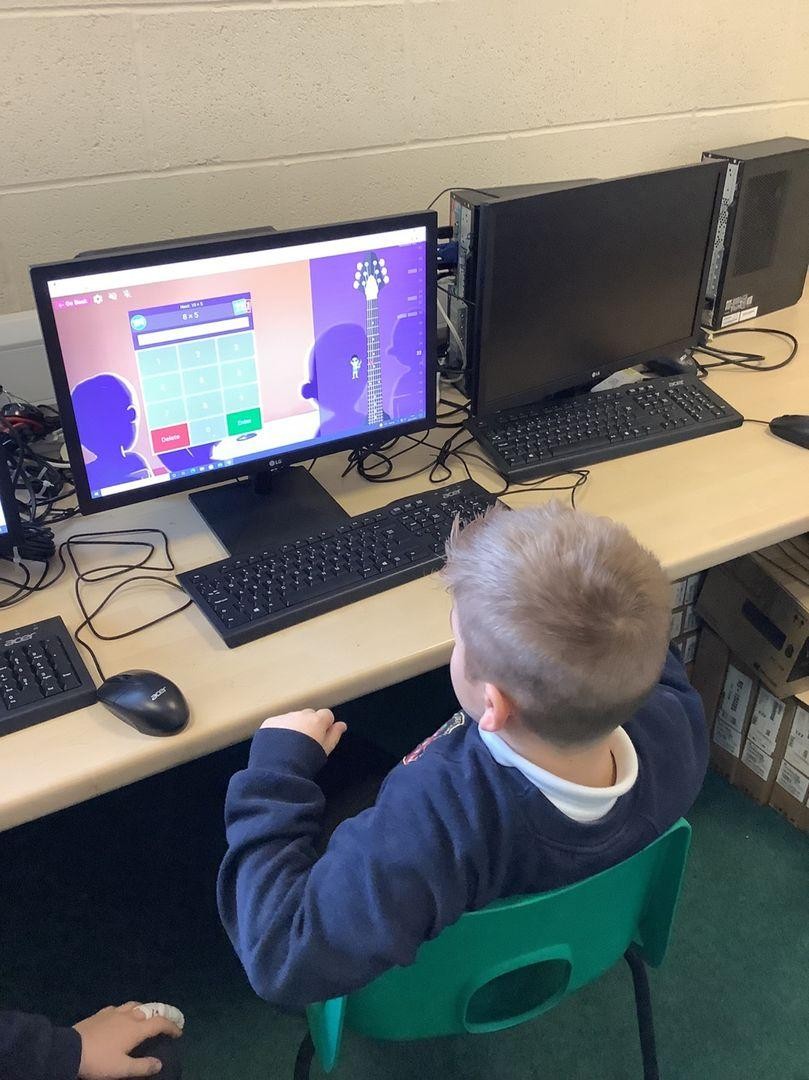
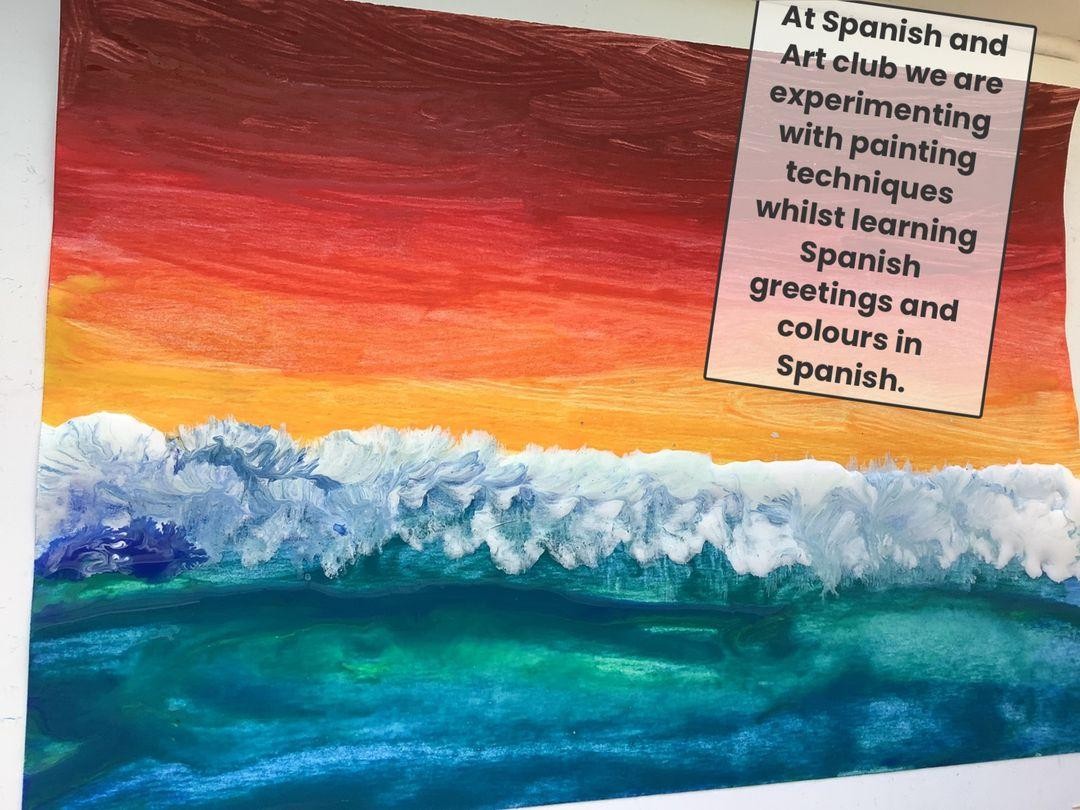
North Tyneside Citizens Advice is a registered charity, providing free independent and confidential advice to everyone. As part of our new Advice in Schools project we want to ensure that all families have quick and easy access to the advice or support they need.
At Citizens Advice, we give people the knowledge and the confidence they need to find their way forward – whoever they are and whatever their problem. Our specialist advisors can:
· Offer you advice and support with welfare benefit, debt and housing issues
· Help with cost of living – full income maximation including benefit entitlement checks, checking for benefits such as Universal Credit, Personal Independence Payment, Disability Living Allowance for Children, free school meals, Carers Allowance, Housing Benefit etc, ensuring you are getting the best deal on your energy and other energy advice
· Access to emergency support such as food parcels or other grant support
· Negotiate on your behalf with creditors and collectors
· Help with arrears on household bills, Council Tax, County Court and Magistrate forms and insolvency, including applications for Debt Relief Orders and the Breathing Space debt respite scheme
· Helping you challenge benefit decisions when things go wrong
Speak to our adviser Sarah, you can obtain contact details from the school office or email referrals@ntcab.org.uk. If you do contact us please ensure you notify our member of staff what school your child attends.
You can also:
· Download our free app. The app will let you request a call back, find online information, or call our Adviceline. You’ll be able to find the app on your usual app store by searching ‘North Tyneside Citizens Advice’.
· Visit our website at www.ntcab.org.uk and complete the secure online form to request a call back, we aim to return your call within 48 hours
Top Tips….
• Keep your language simple and avoiding using lots of words
• When you are giving an instruction, try to give them one at a time, in the right order, for example instead of “when you have finished your cereal put your bowl in the sink” say “finish your cereal then put your bowl in the sink”.
• Be clear and direct, for example, if you would like them to tidy up be specific, “please put 3 cars in the blue box, thank you” or “put all your crayons in the tin, thank you”
• Say what you want your child to do rather than what you don’t want. E.g. say “Put your fork down” instead of “stop banging your fork”.
• Use your child’s name first to get their attention, then give your instruction.
• Avoid any phrases which may confuse your child like “I’ve told you a million times”, “For crying out loud!” or “This is a tip.”
• Say “thank you”, when you have asked your child to do something, even before they have done it.
• Have the lasting word, not the last word! Say what you need to, turn and walk away; if your child continues to speak/argue continue to walk away.
• Give choices…
• Be specific – say what you mean !
• If you are going out or doing something different, tell your child what will be happening.
• Give warnings, prepare children for changes. Children don’t like to stop doing what they are enjoying! Some children find this particularly difficult.
• Avoid empty threats, if they need a consequence make sure you can see it through and avoid any which will impact on you and the rest of the family. Such as, taking away an X-box for a week may not be helpful for anyone at the moment.